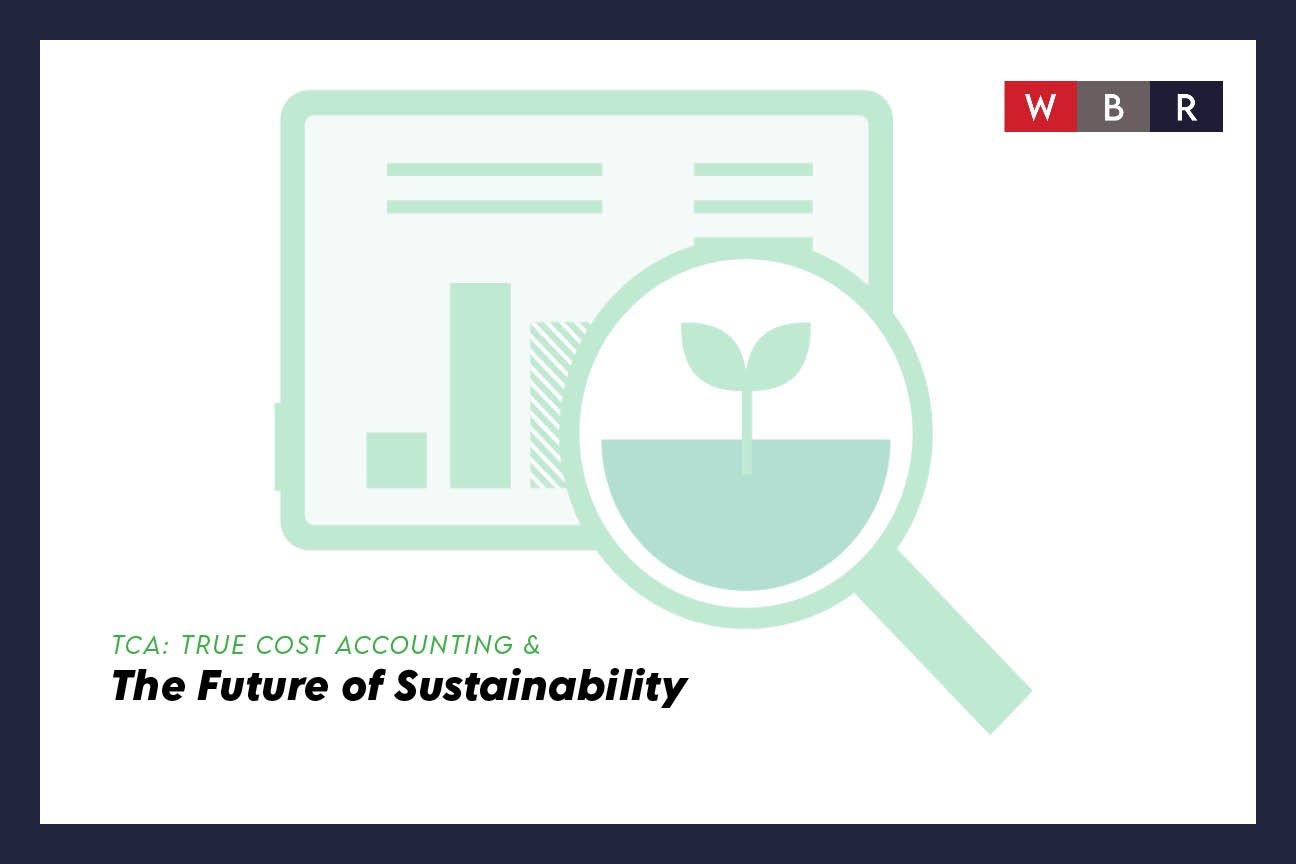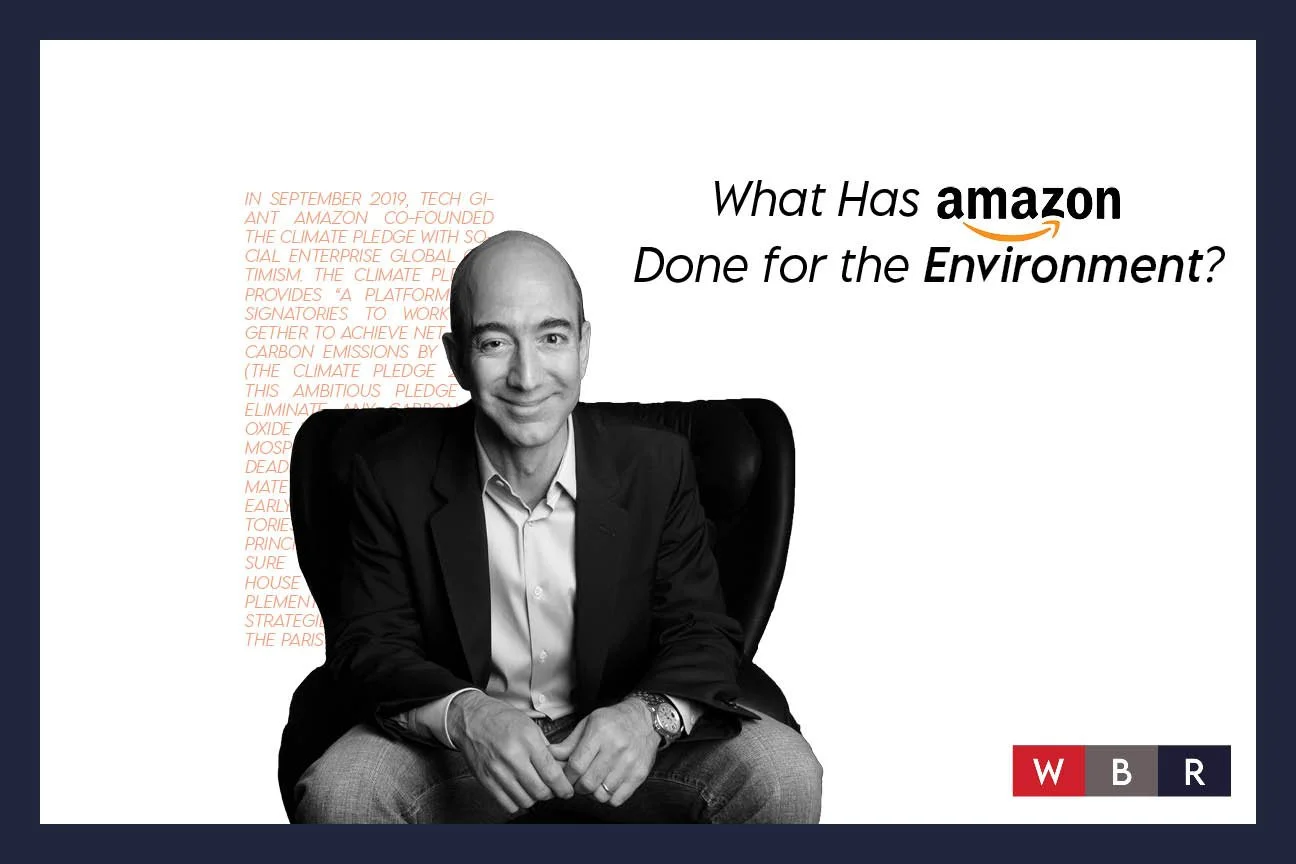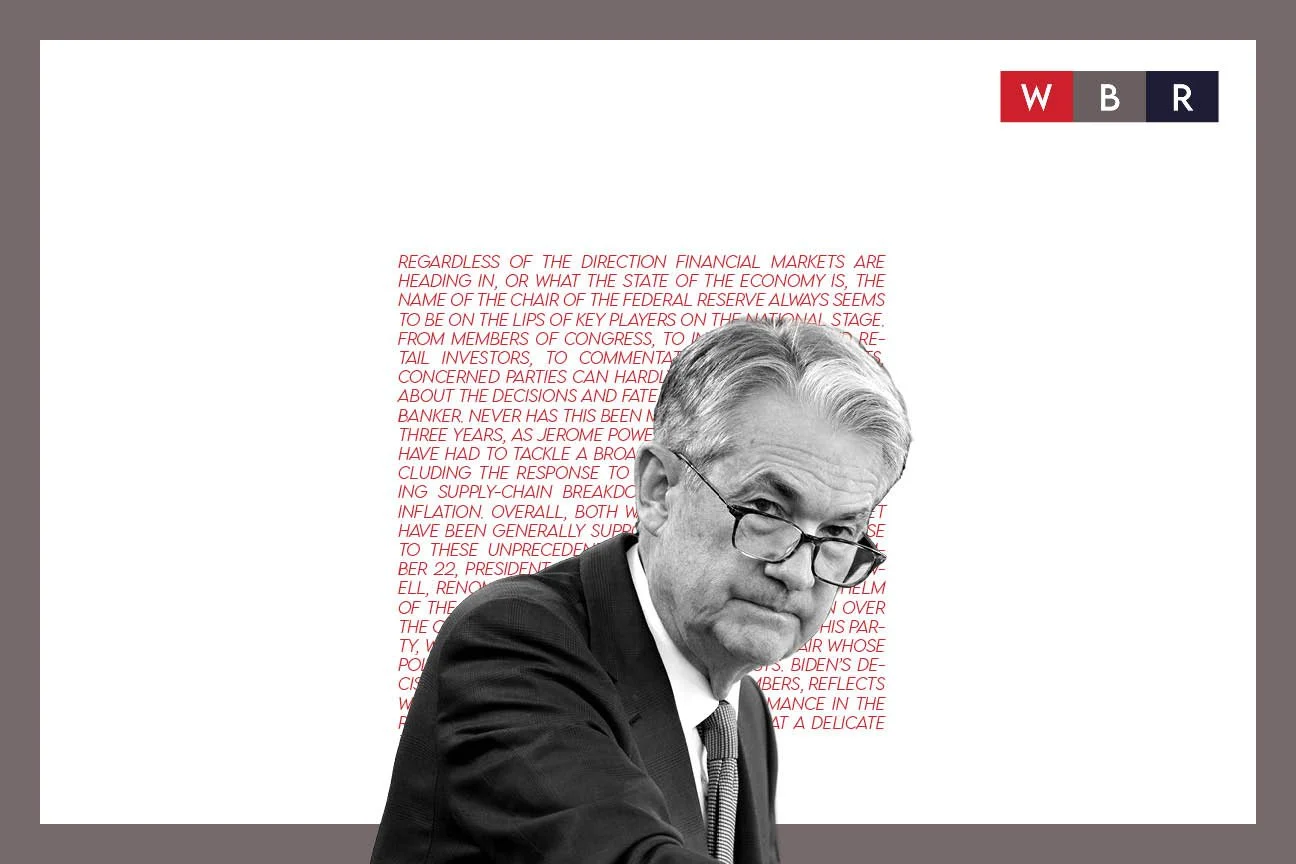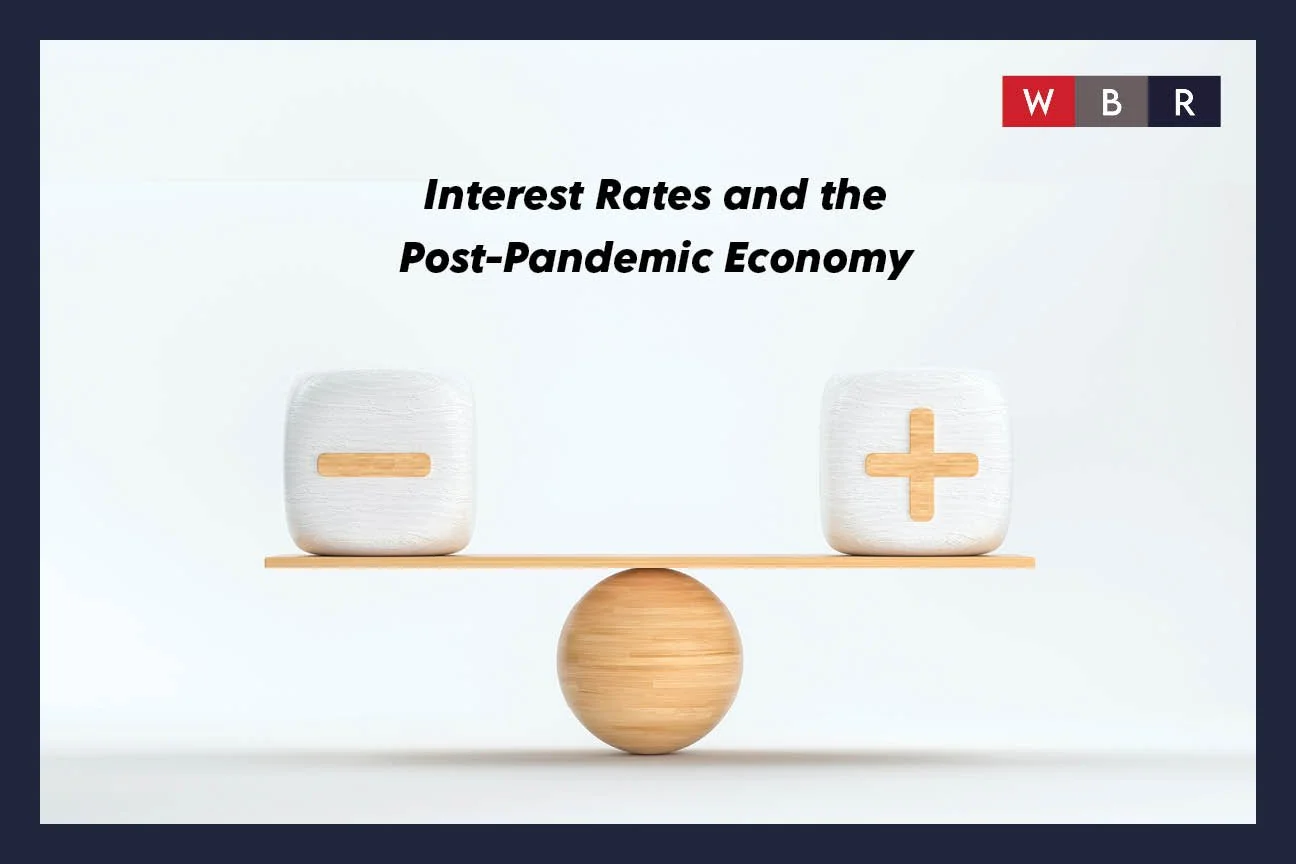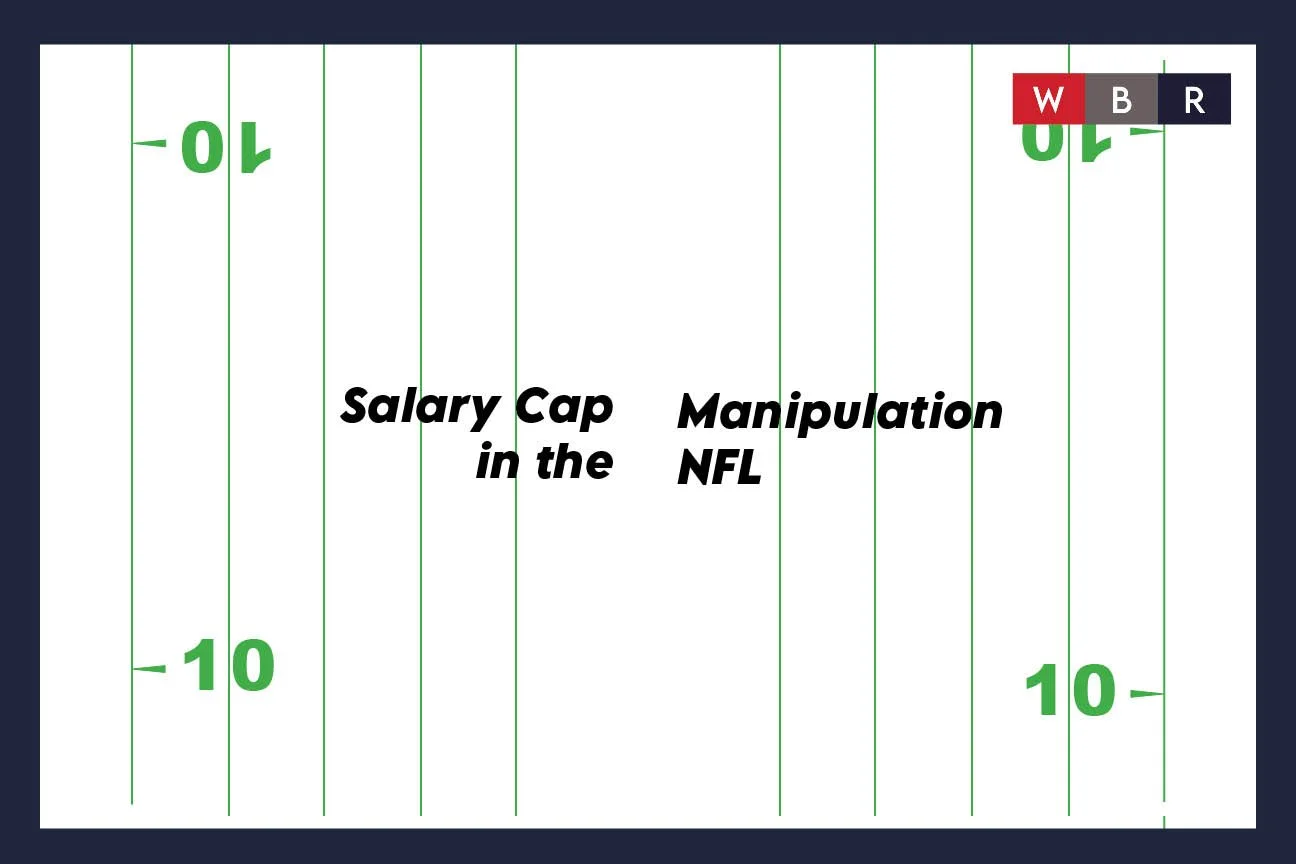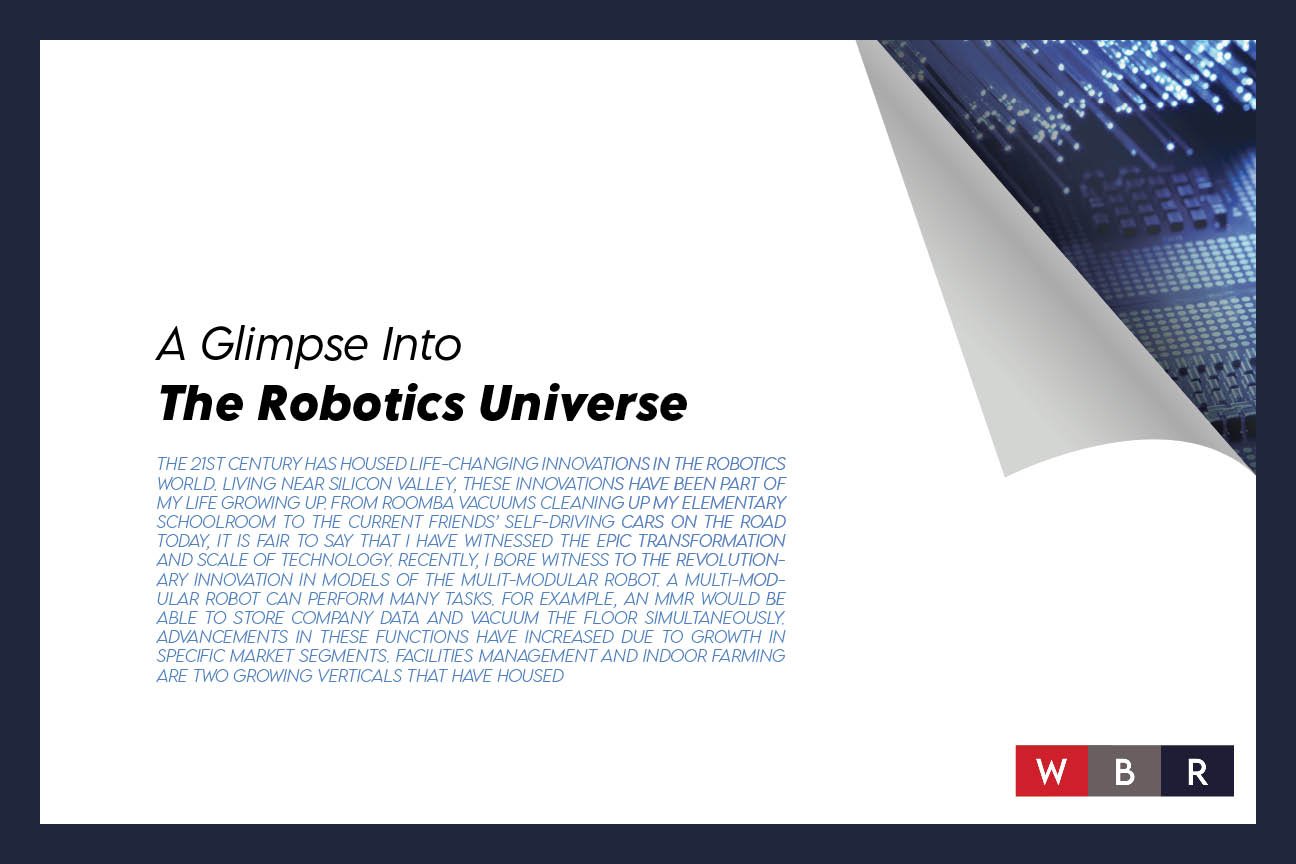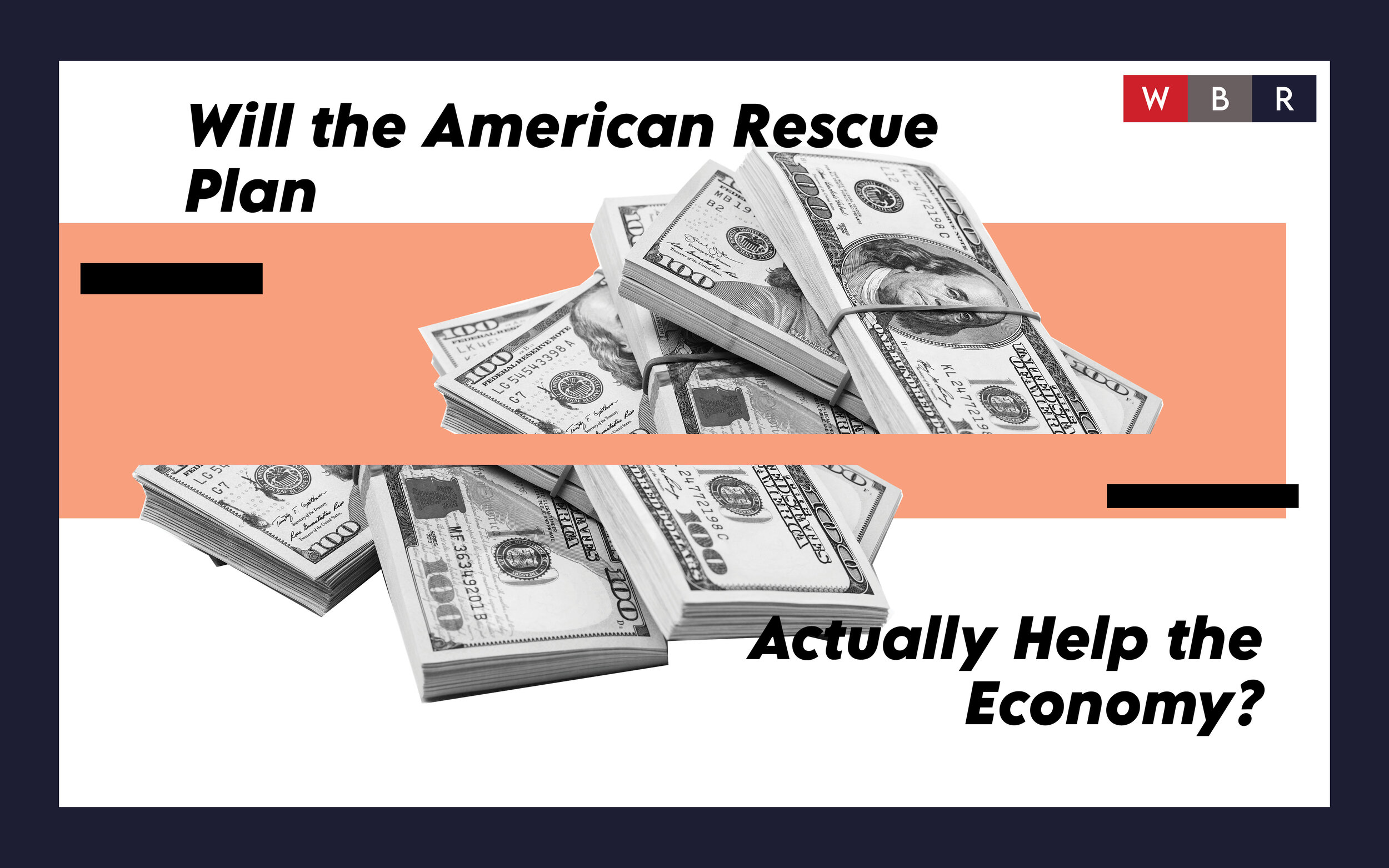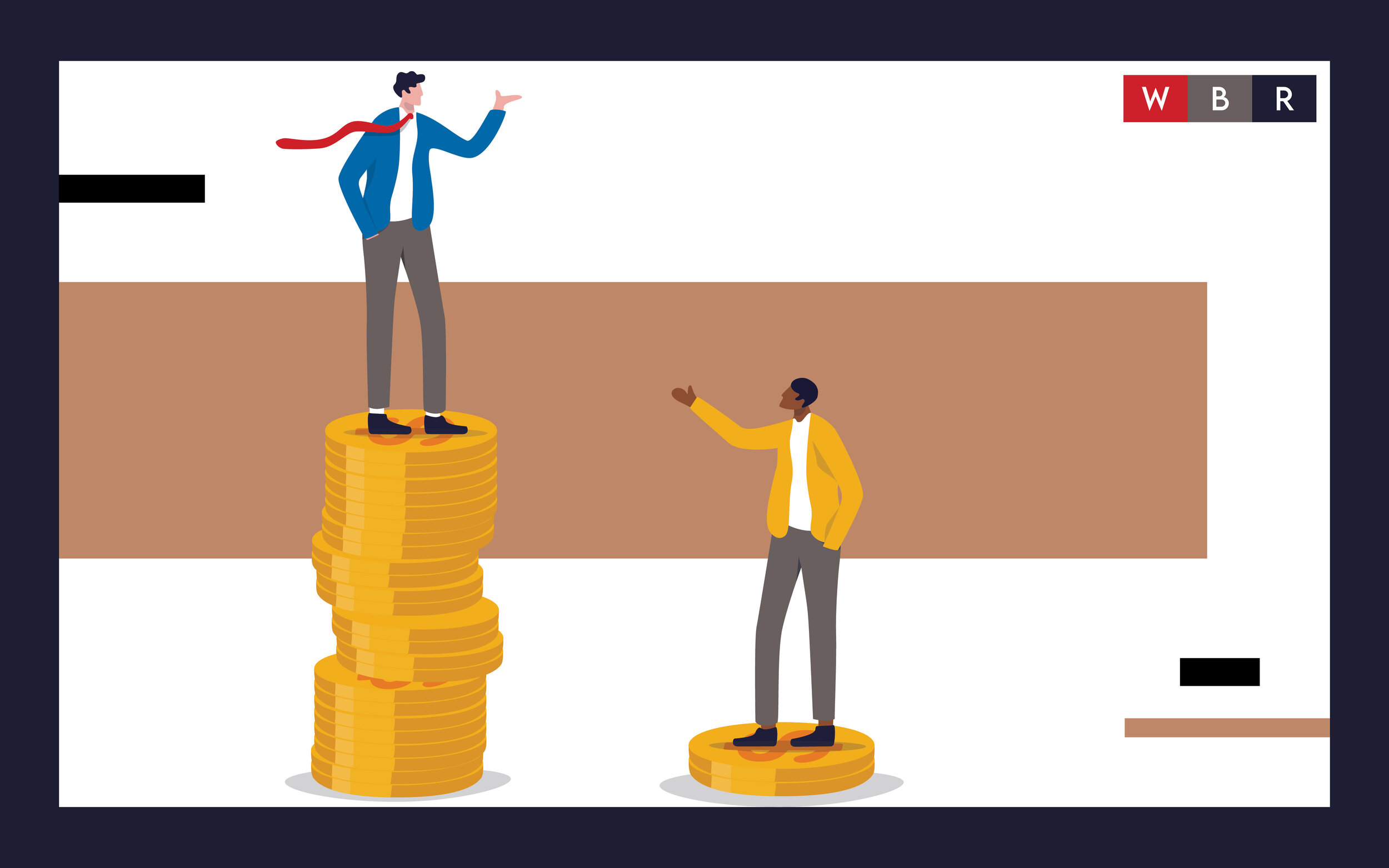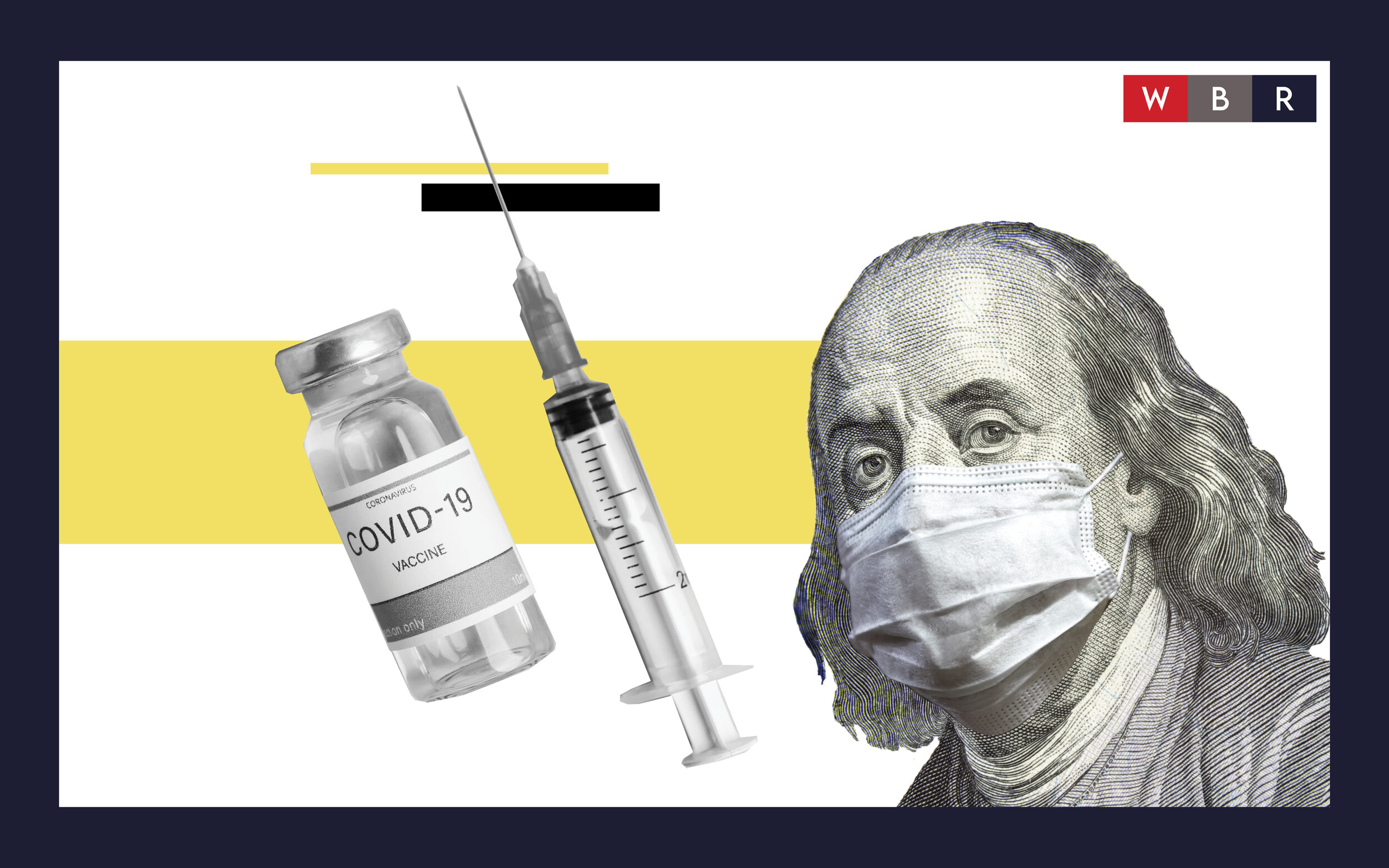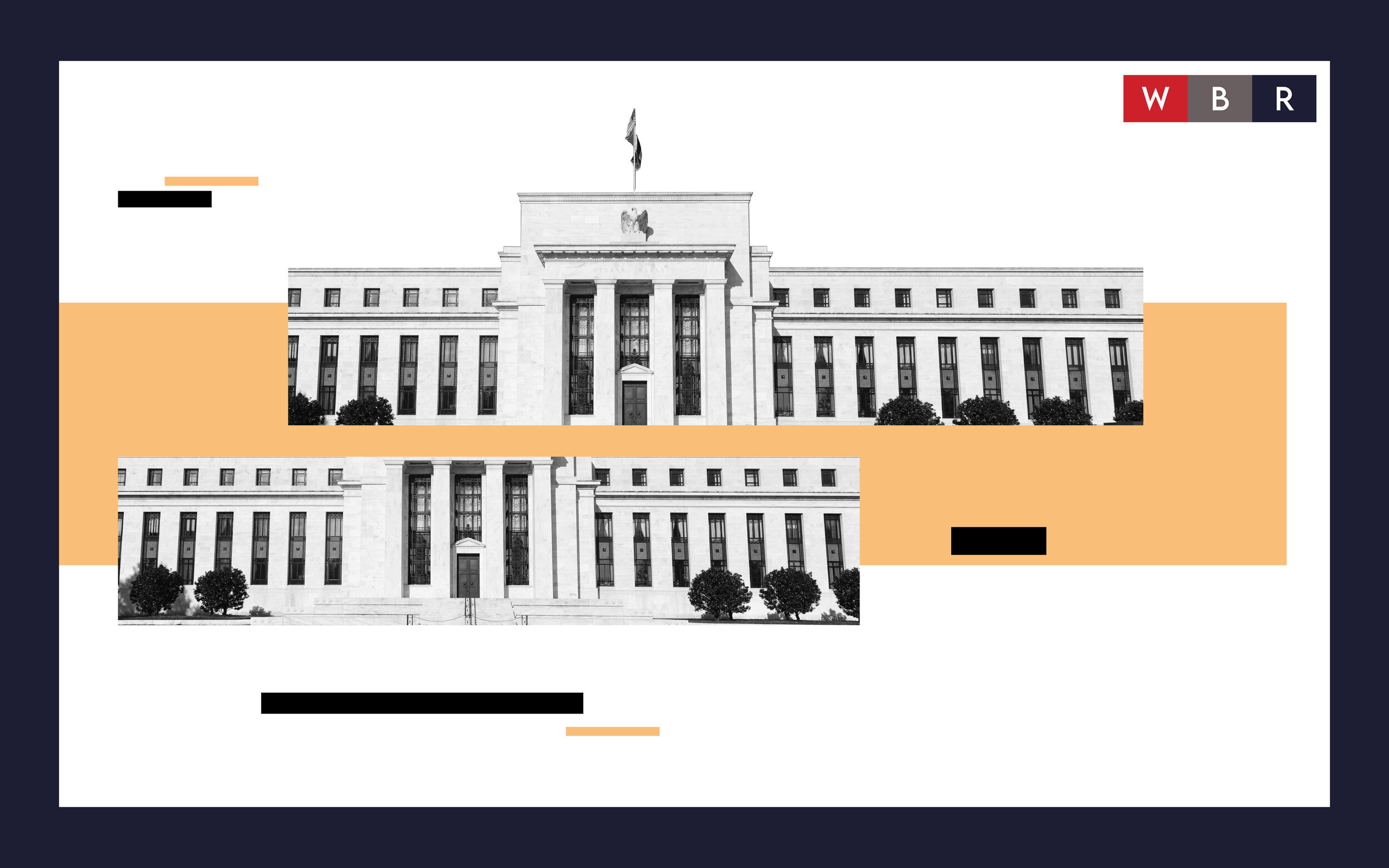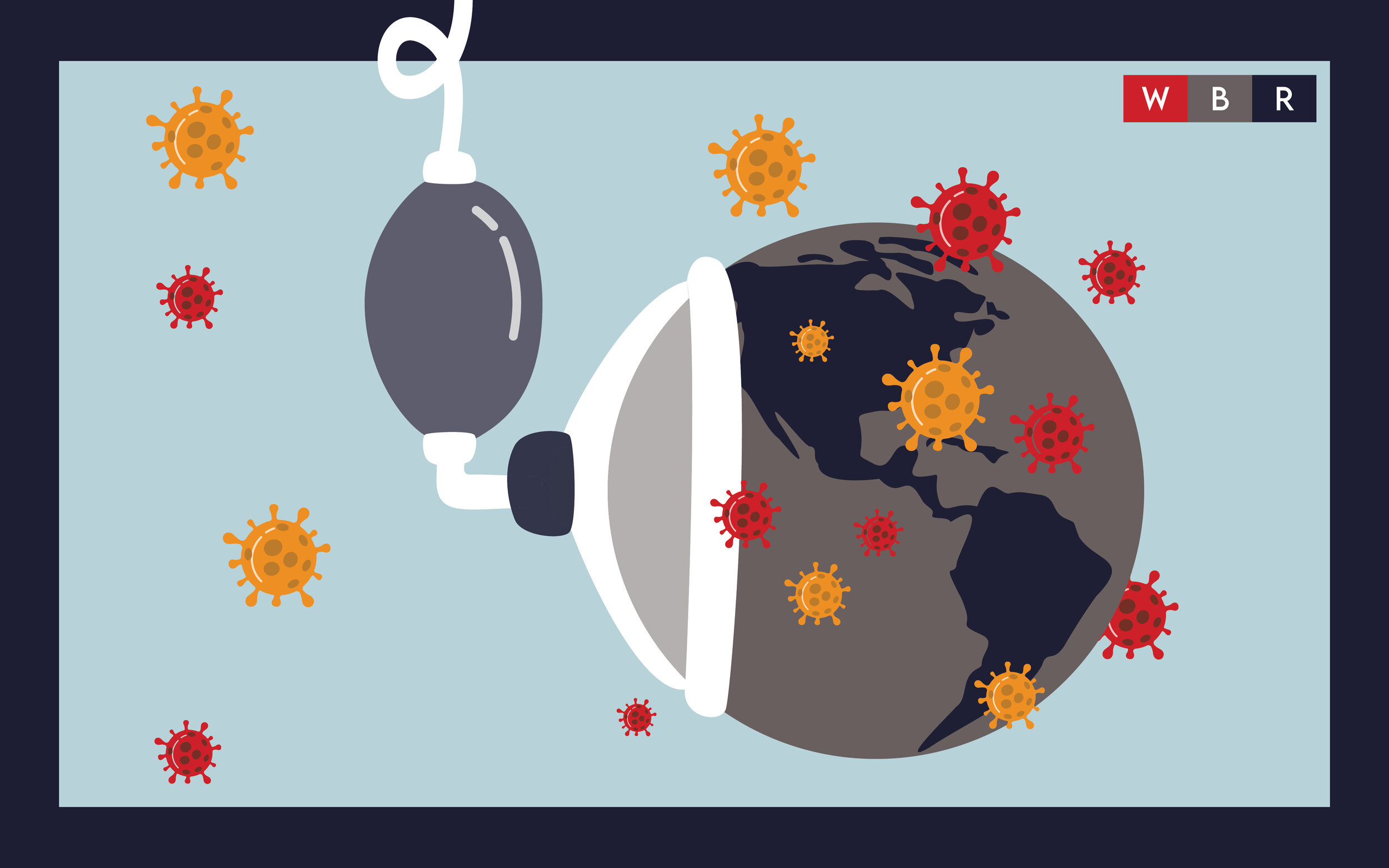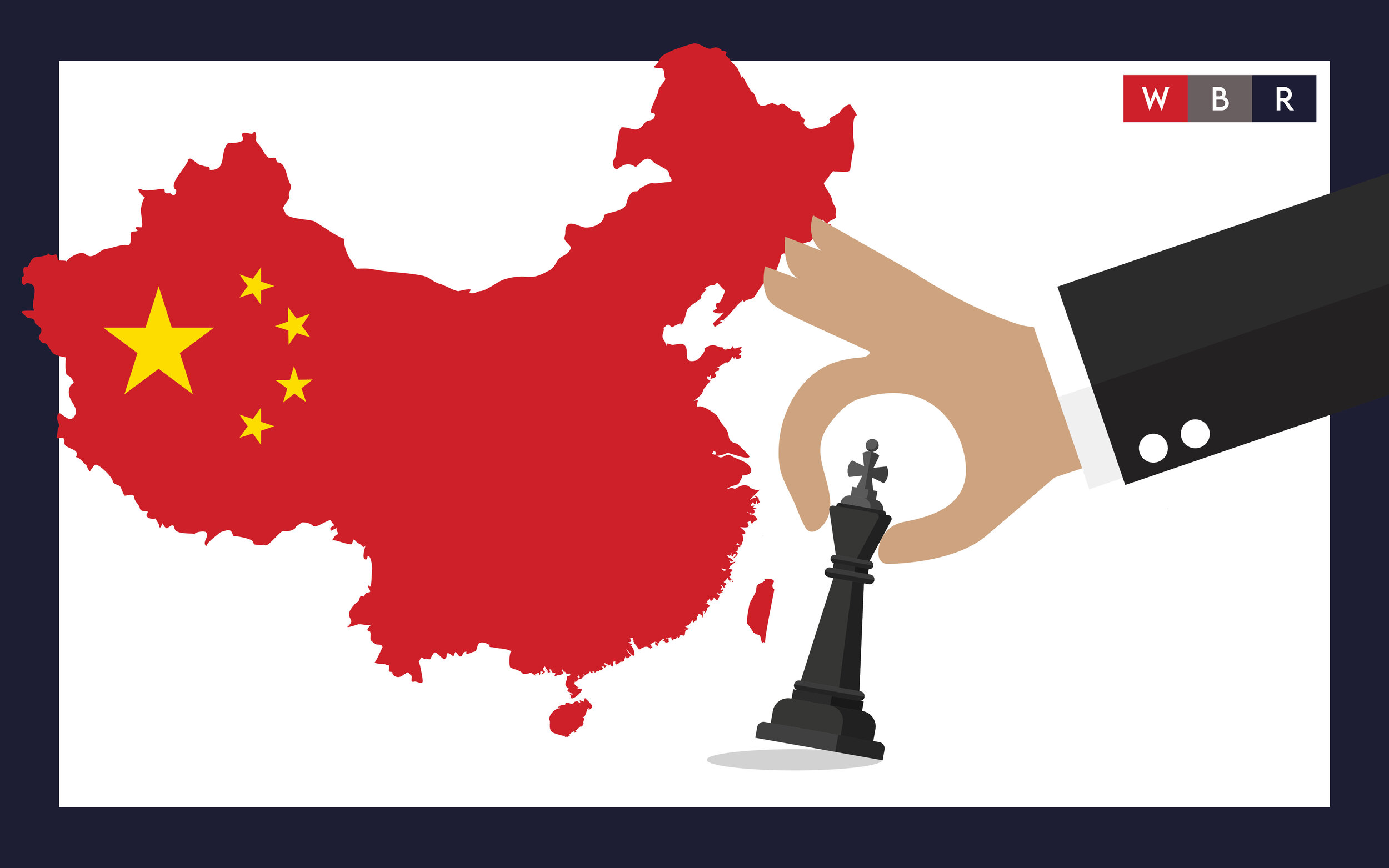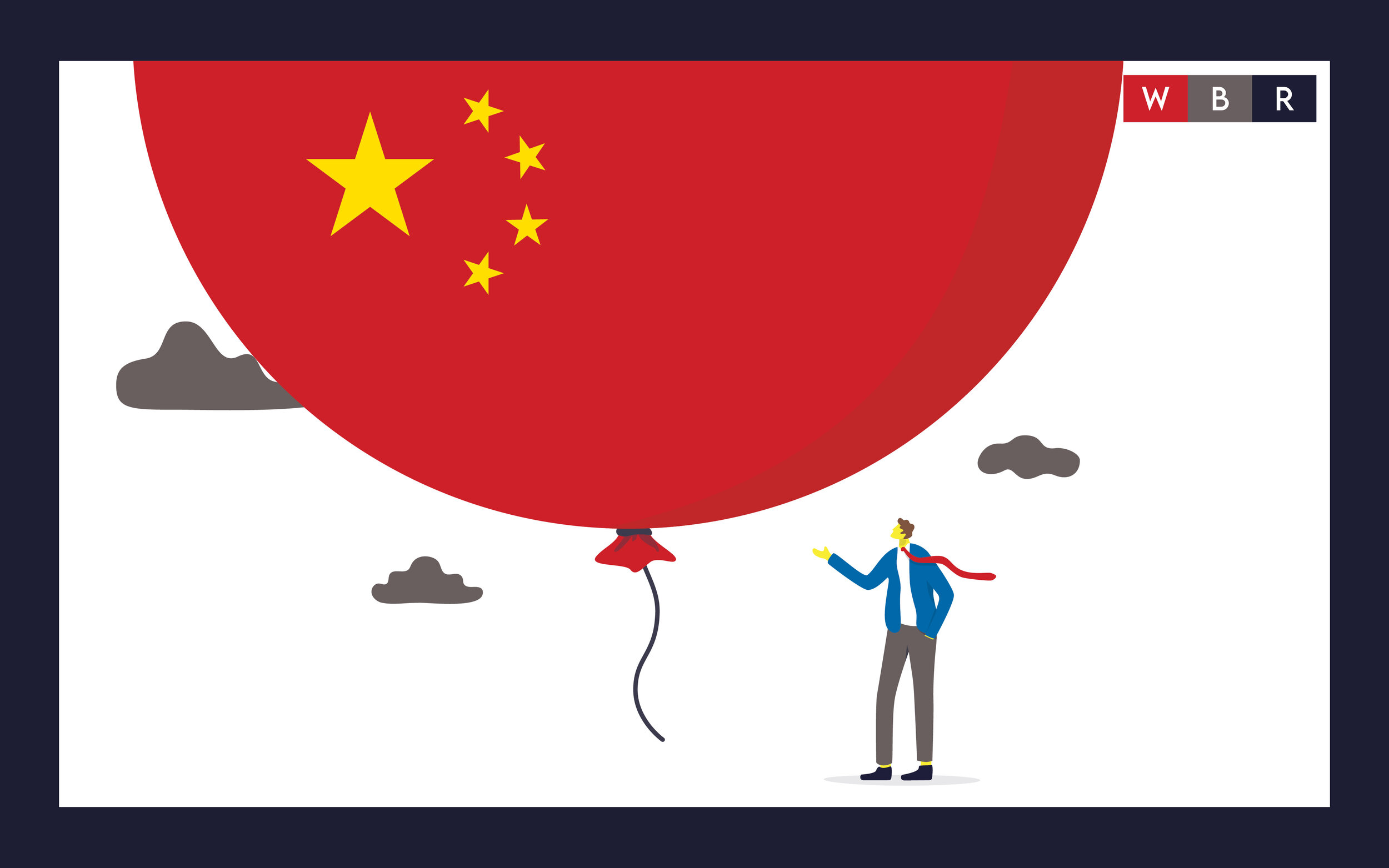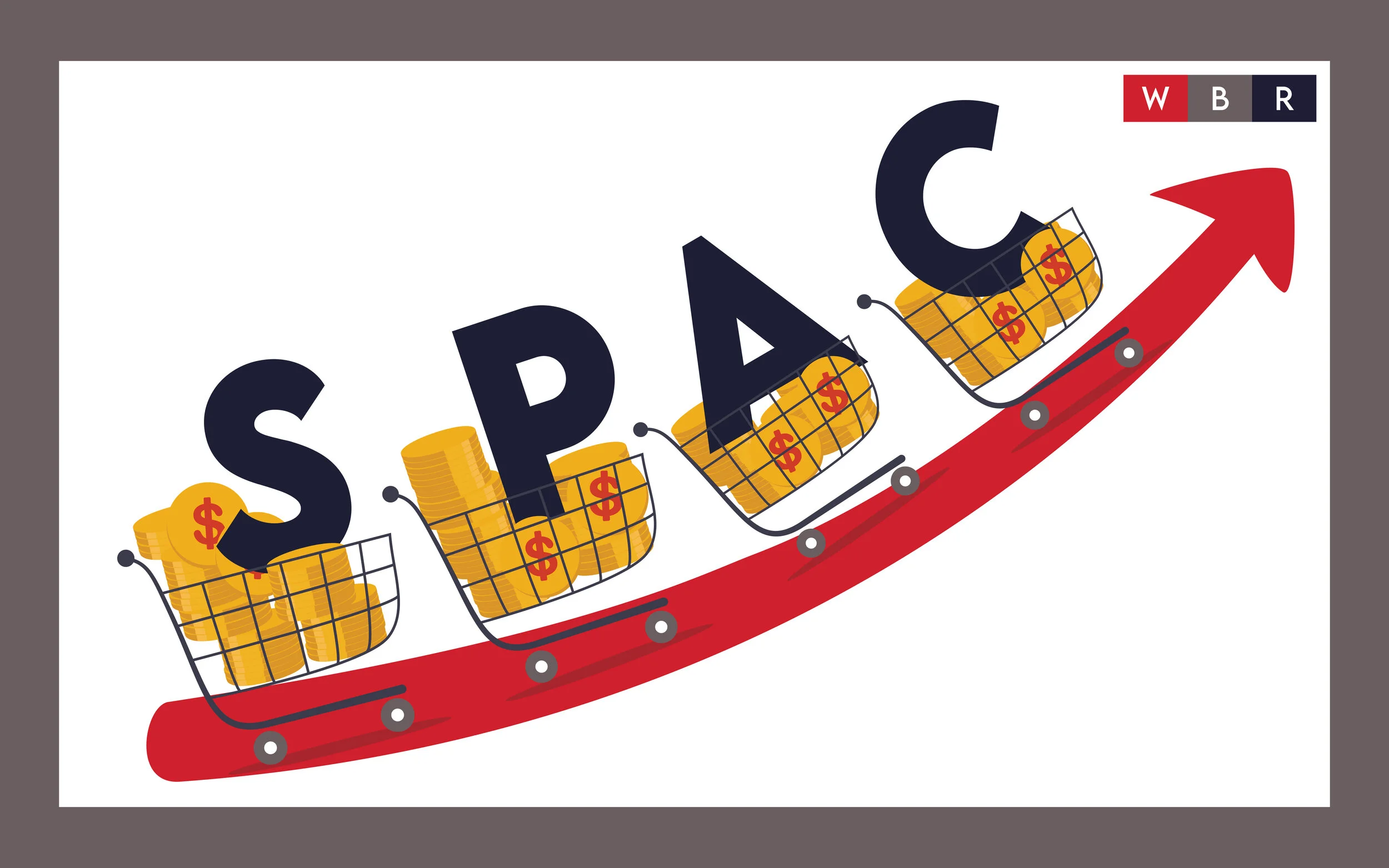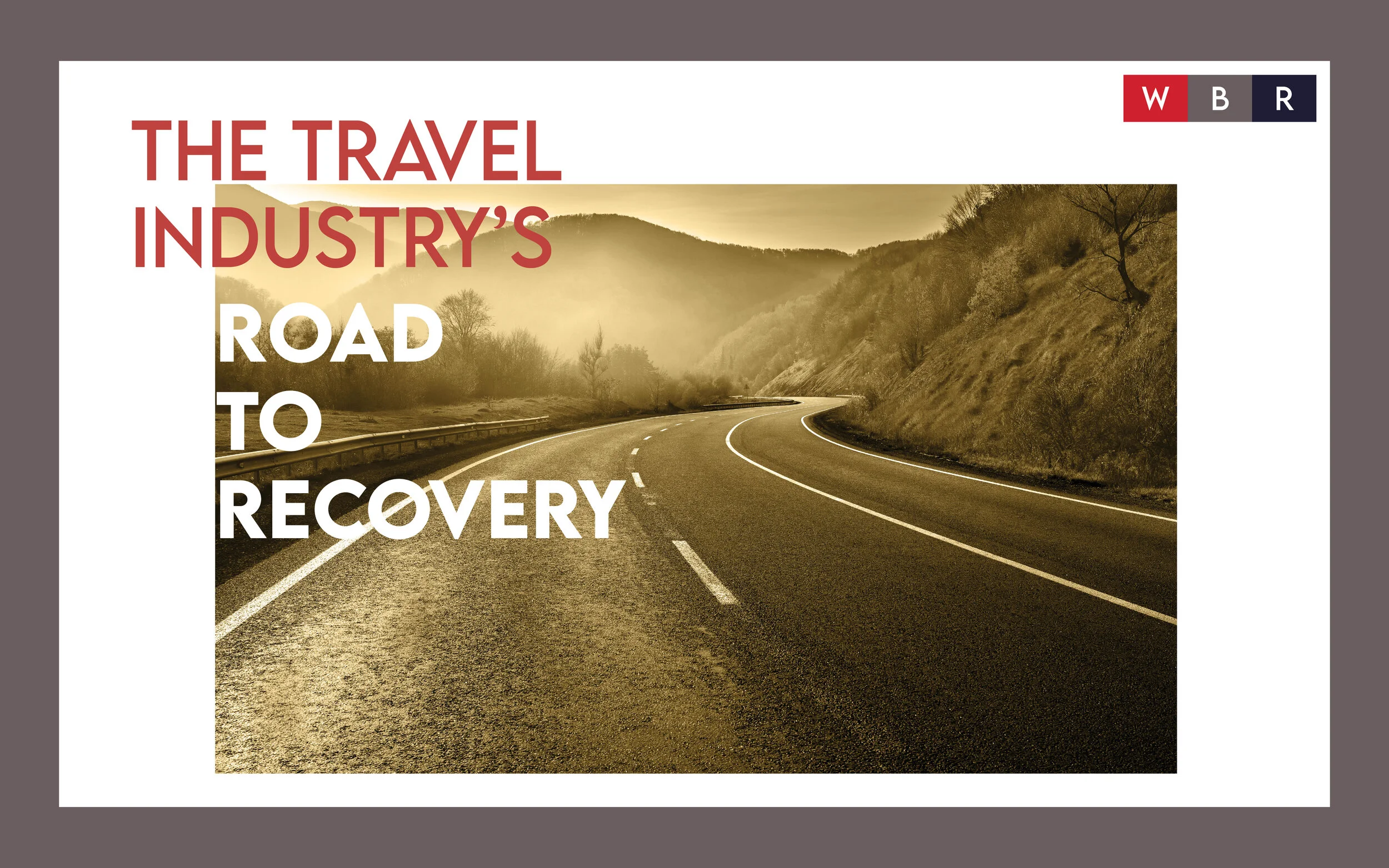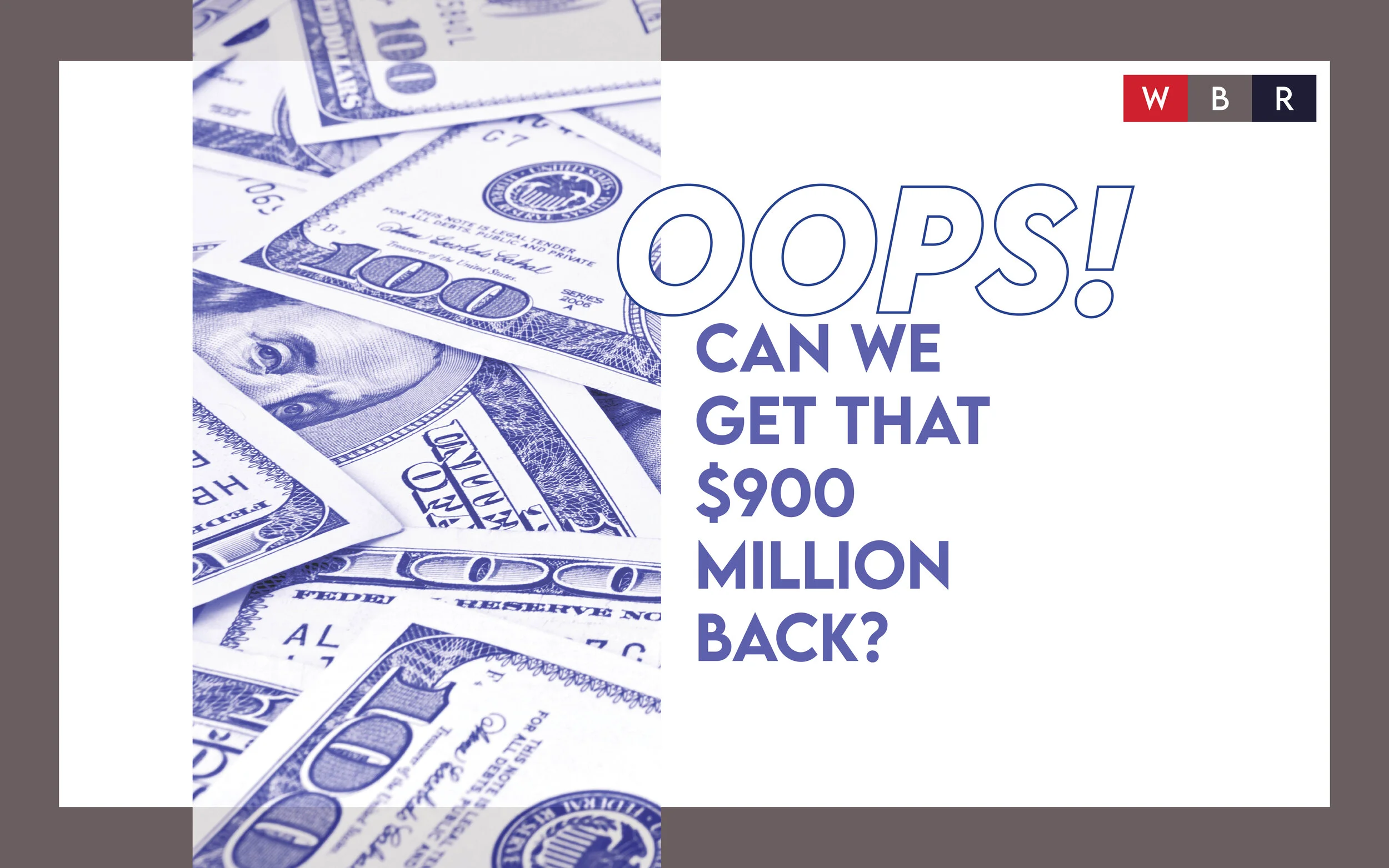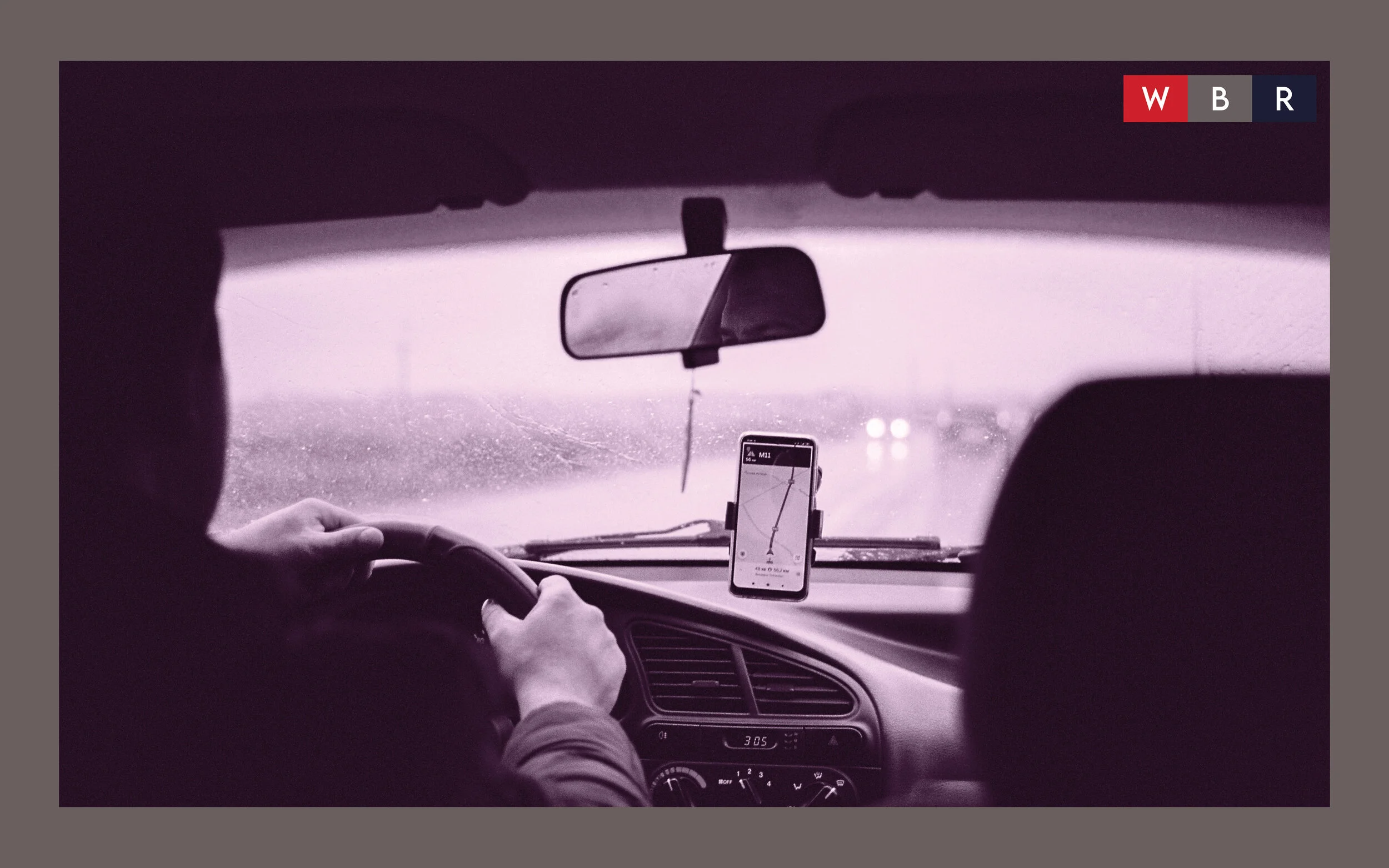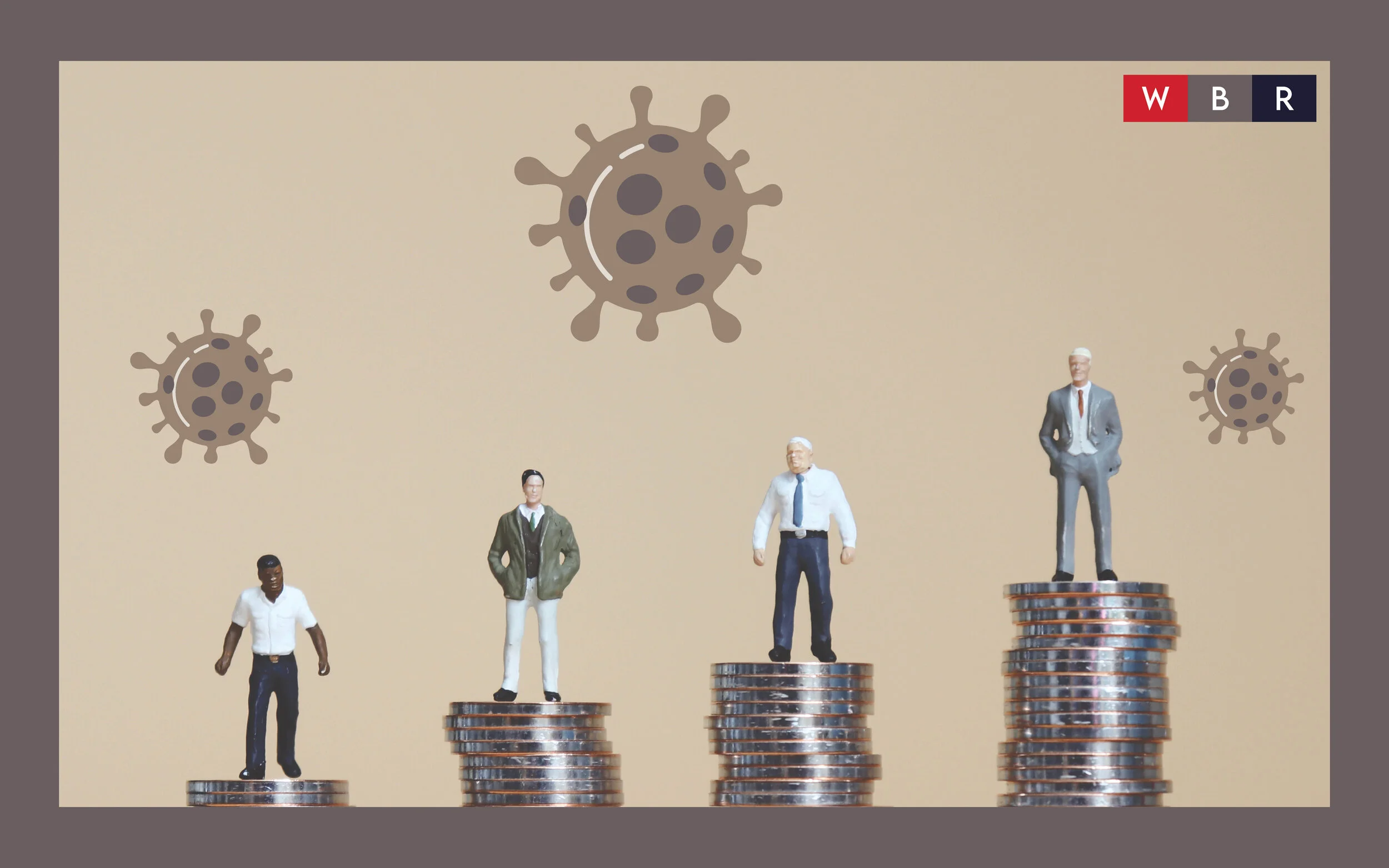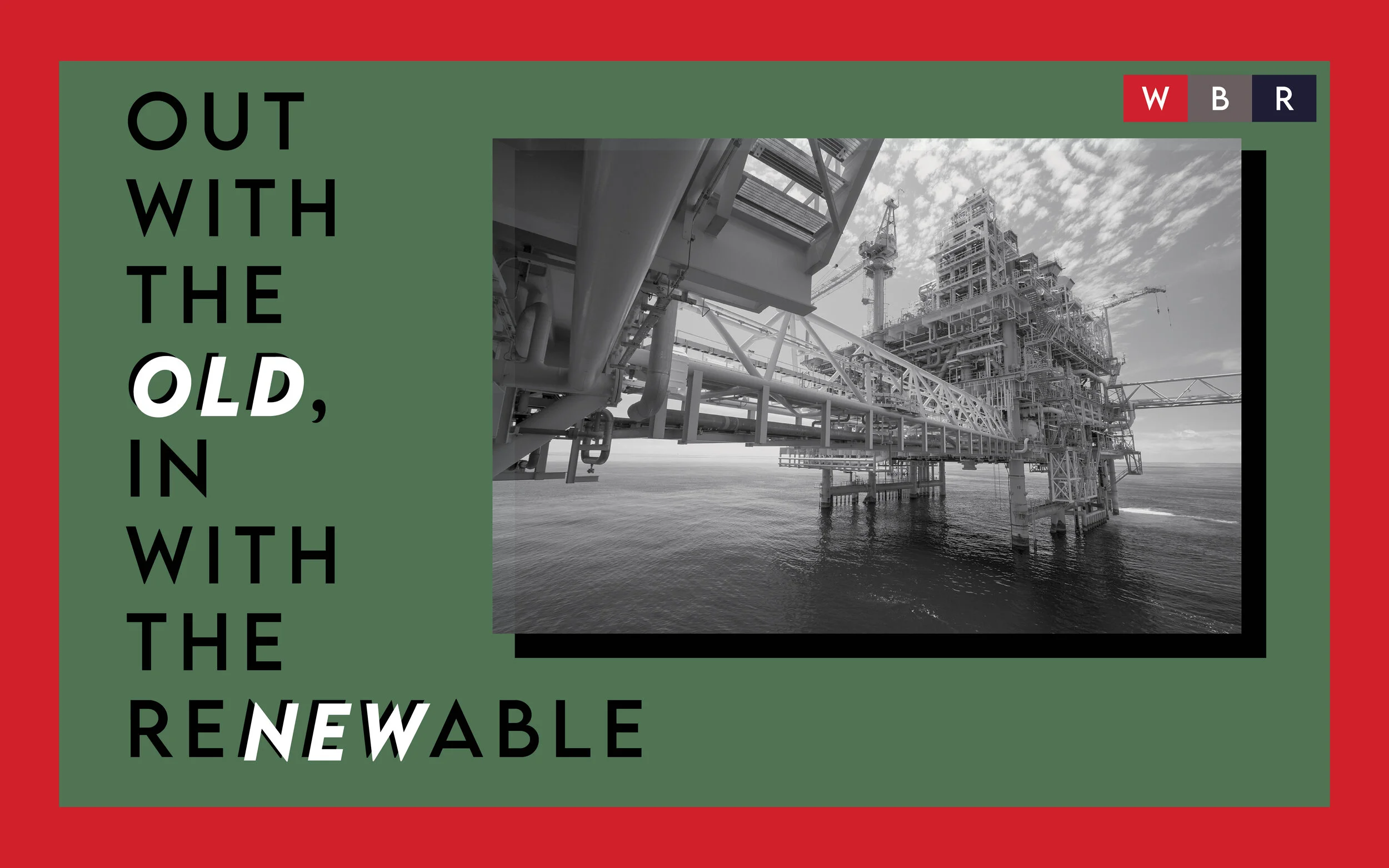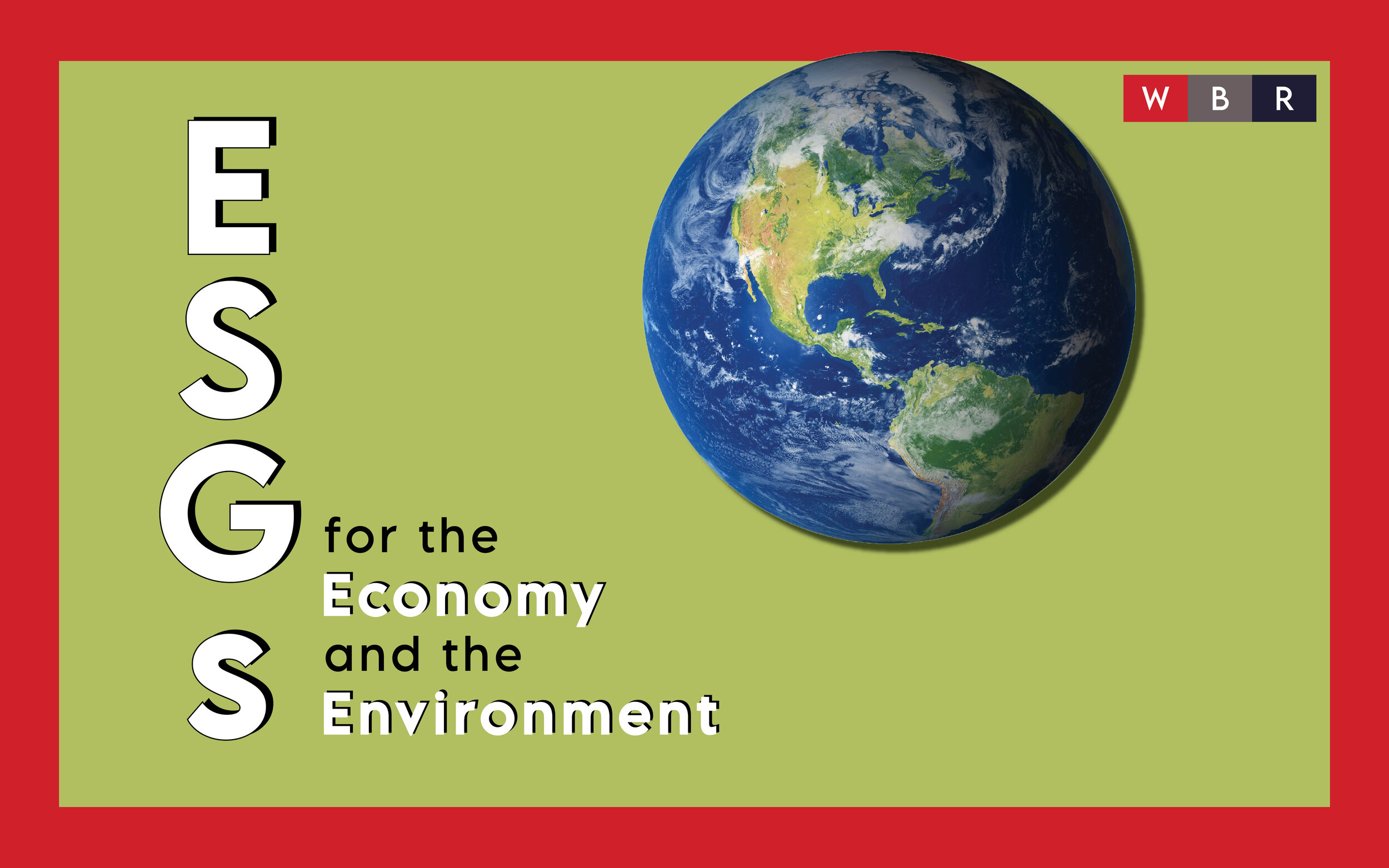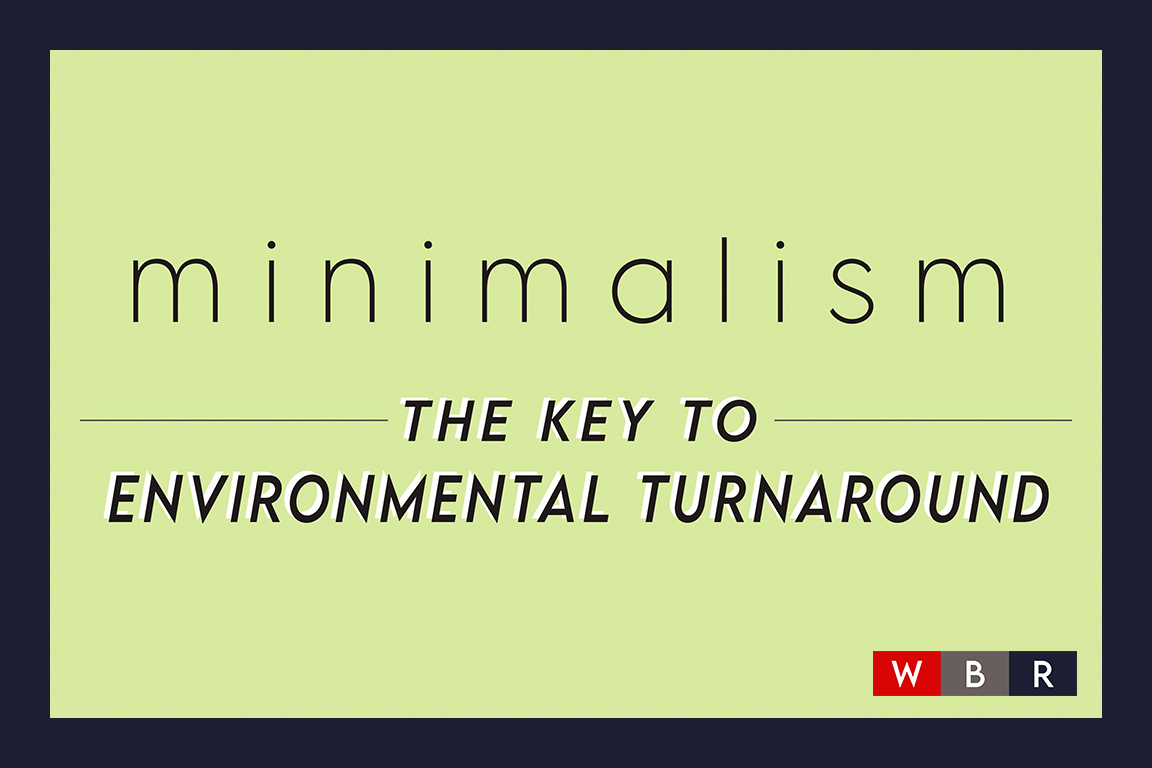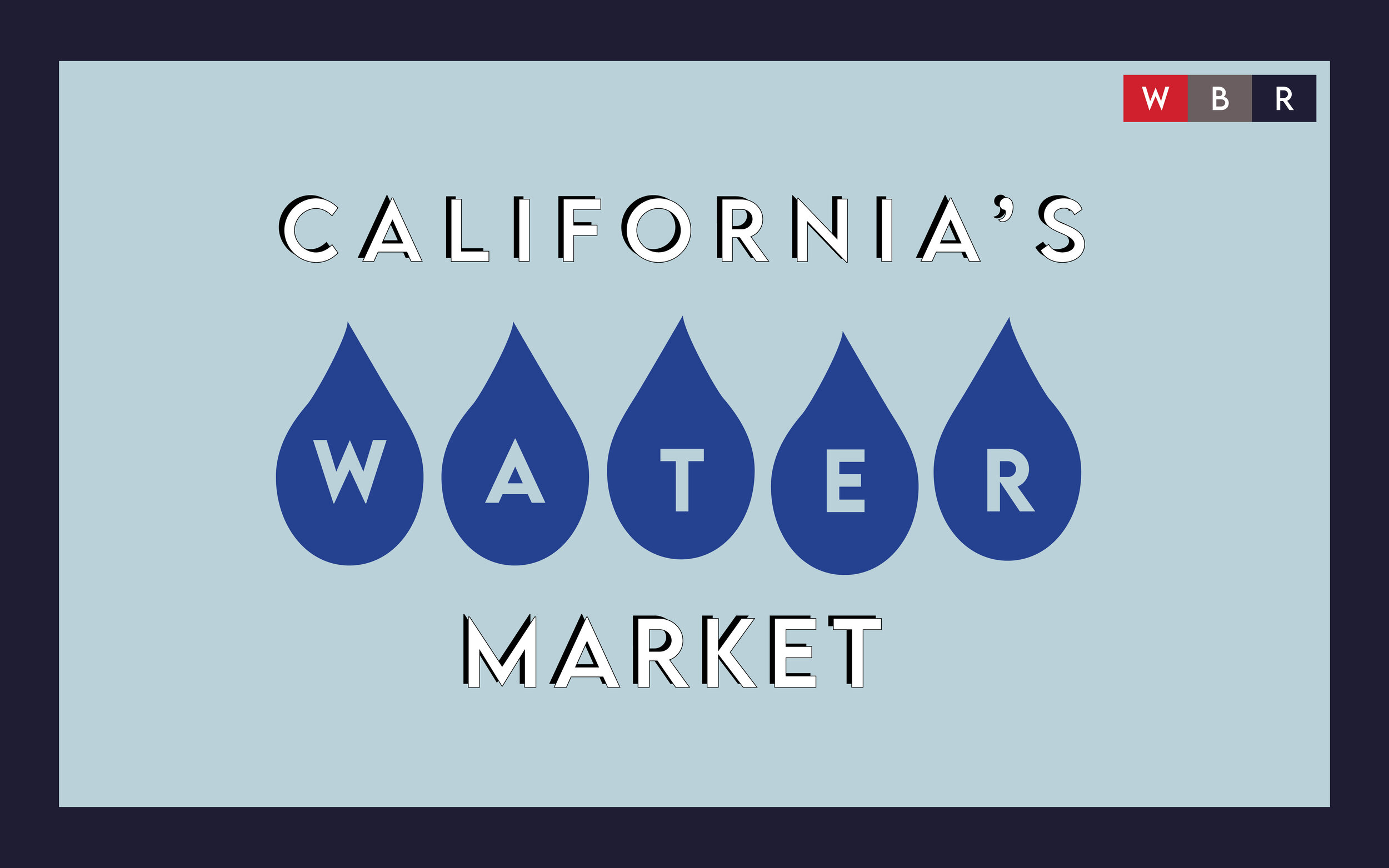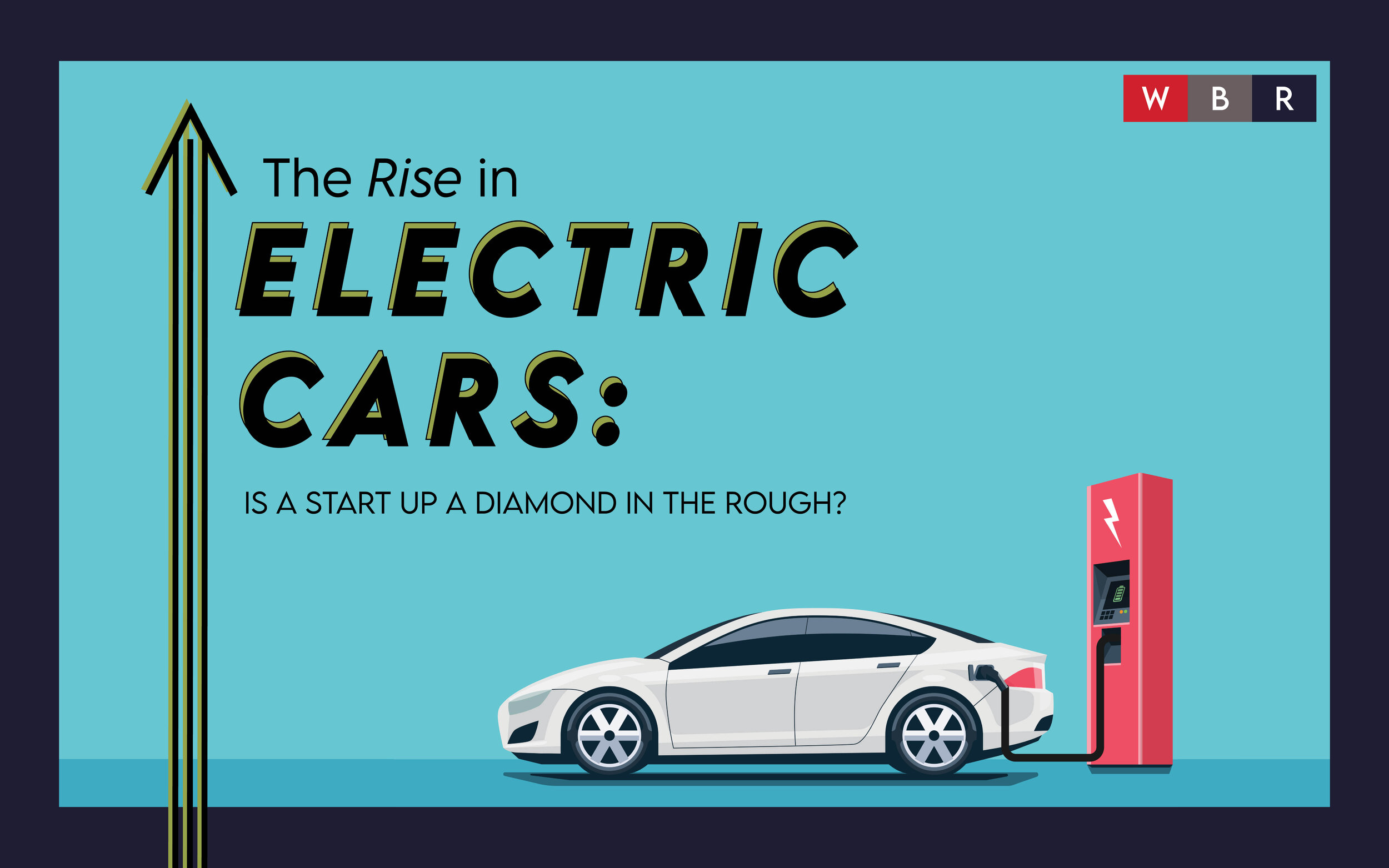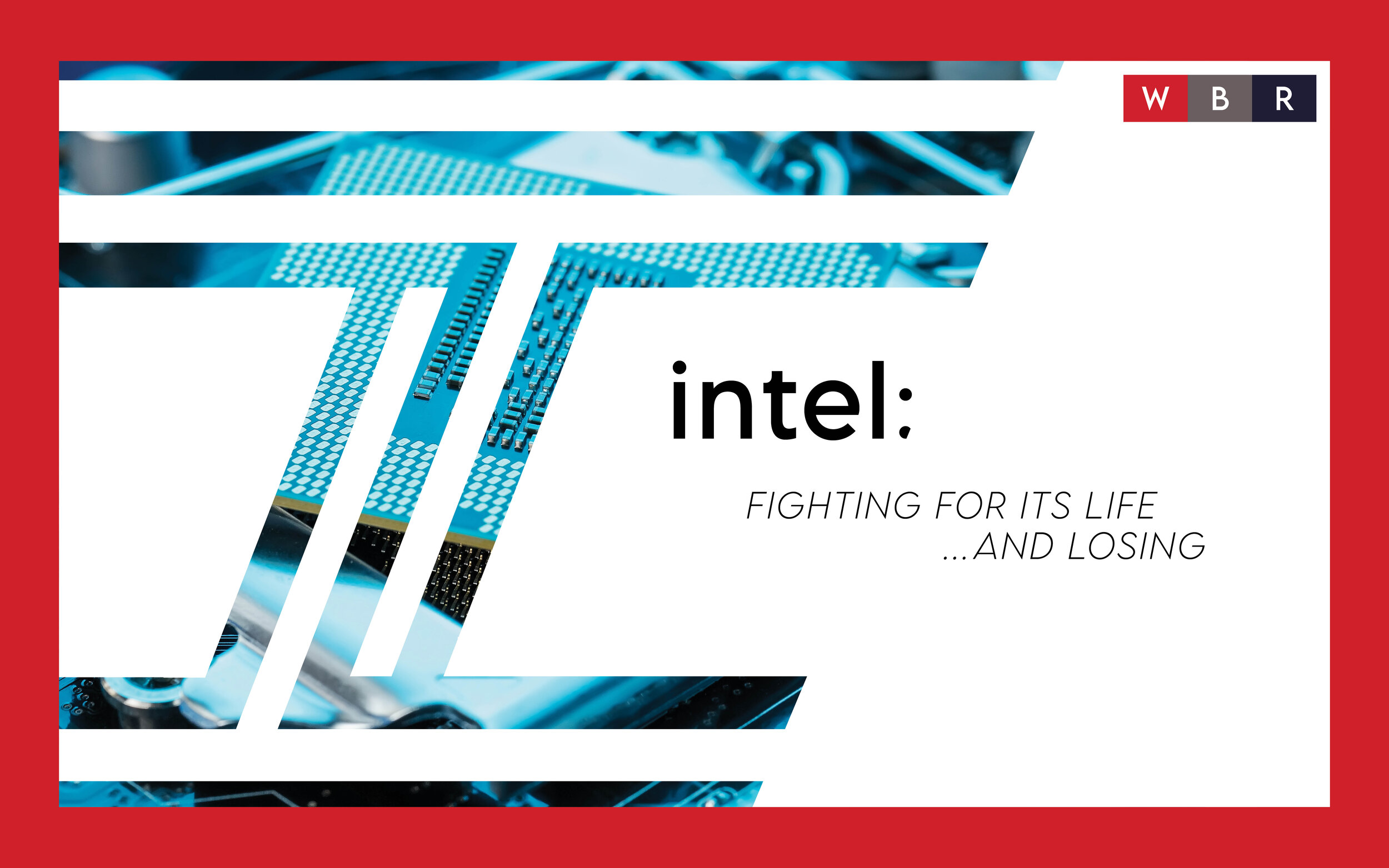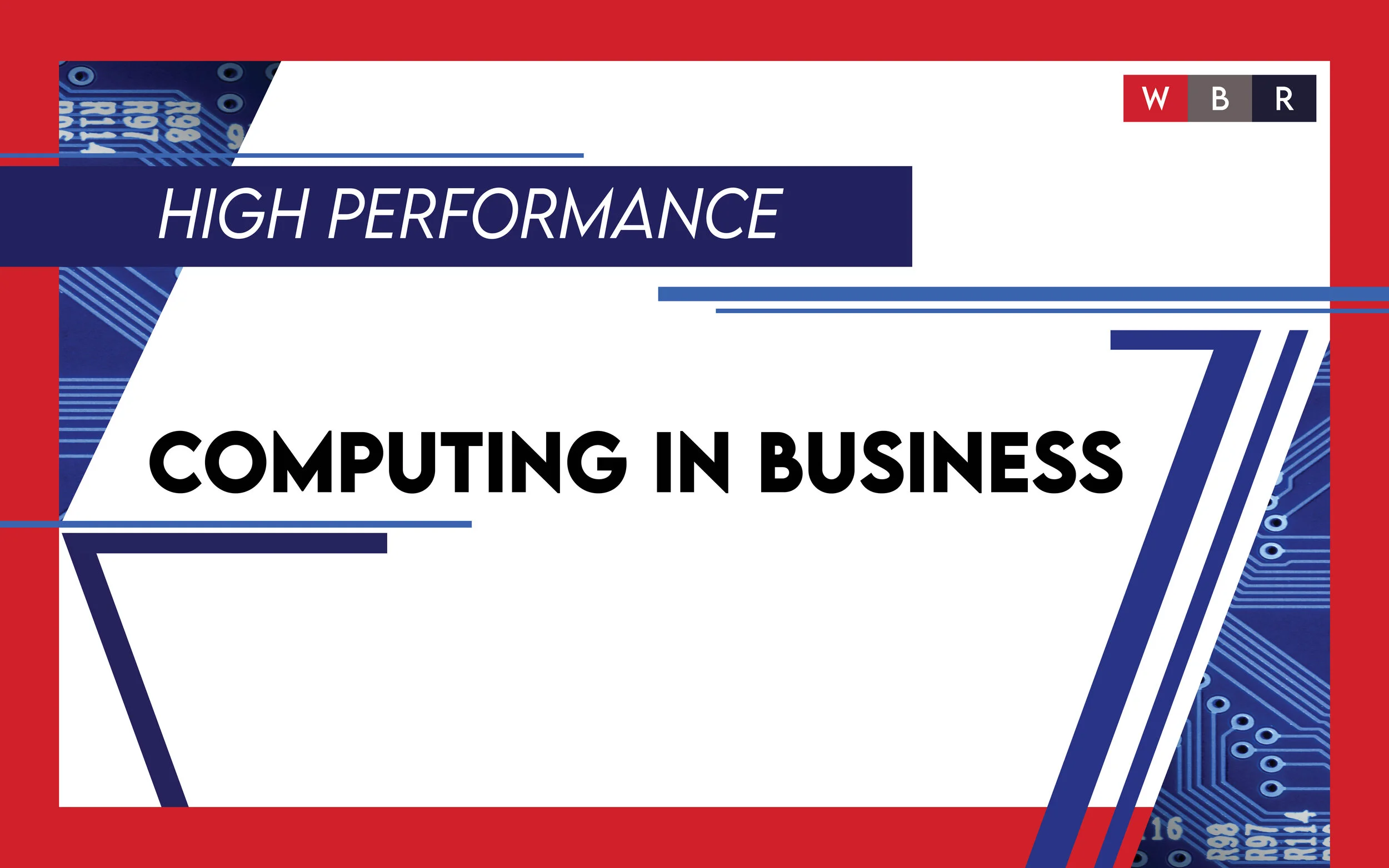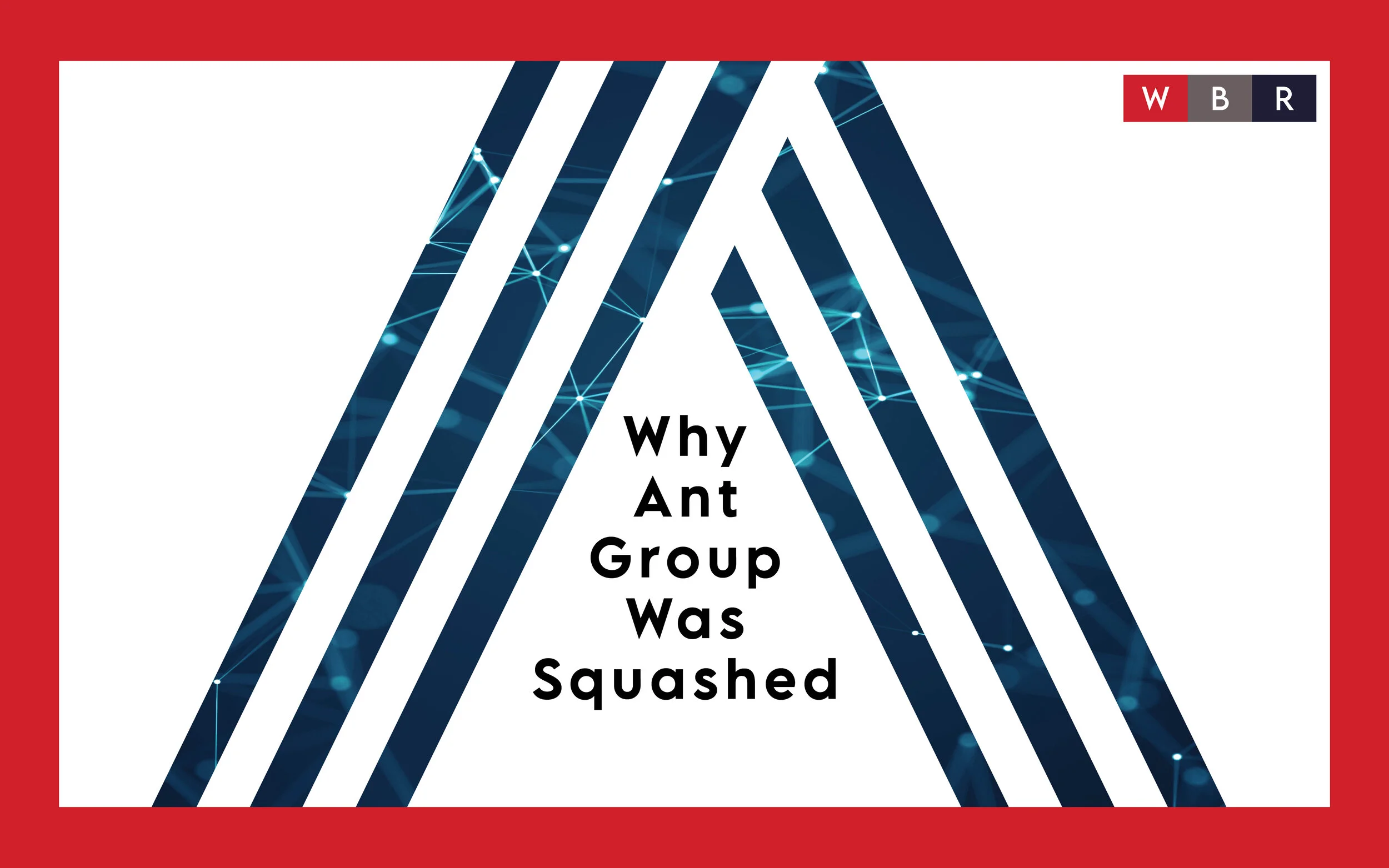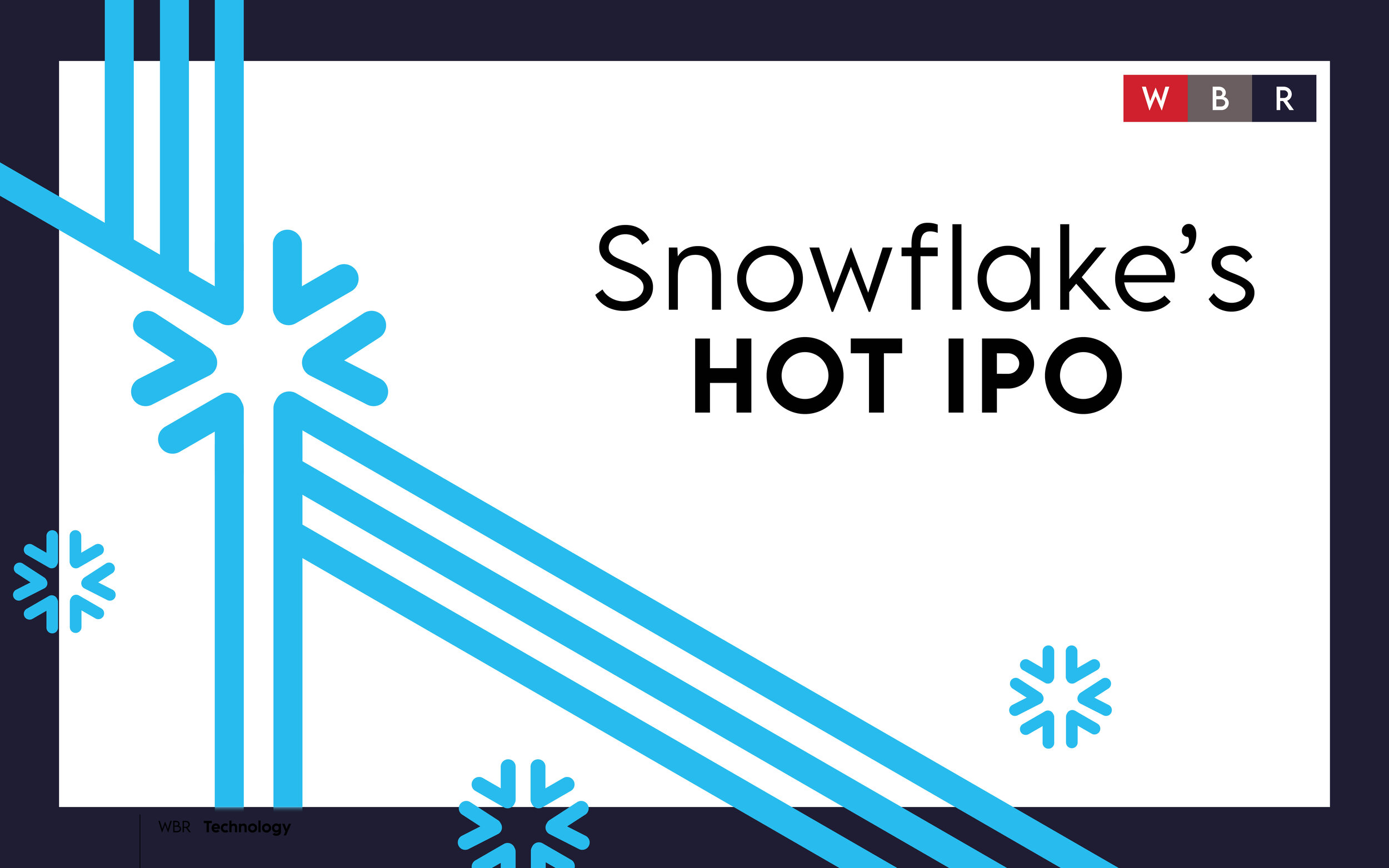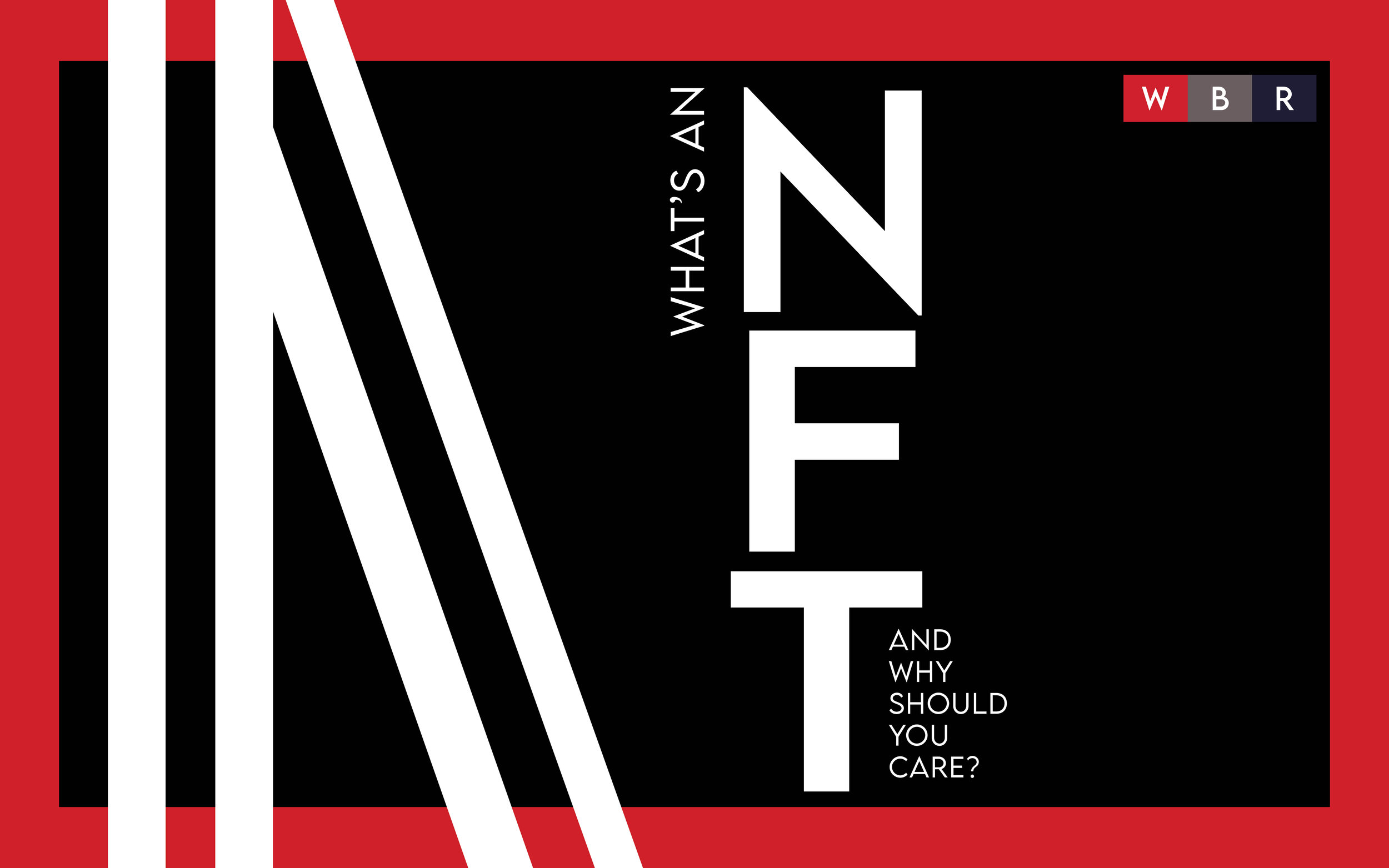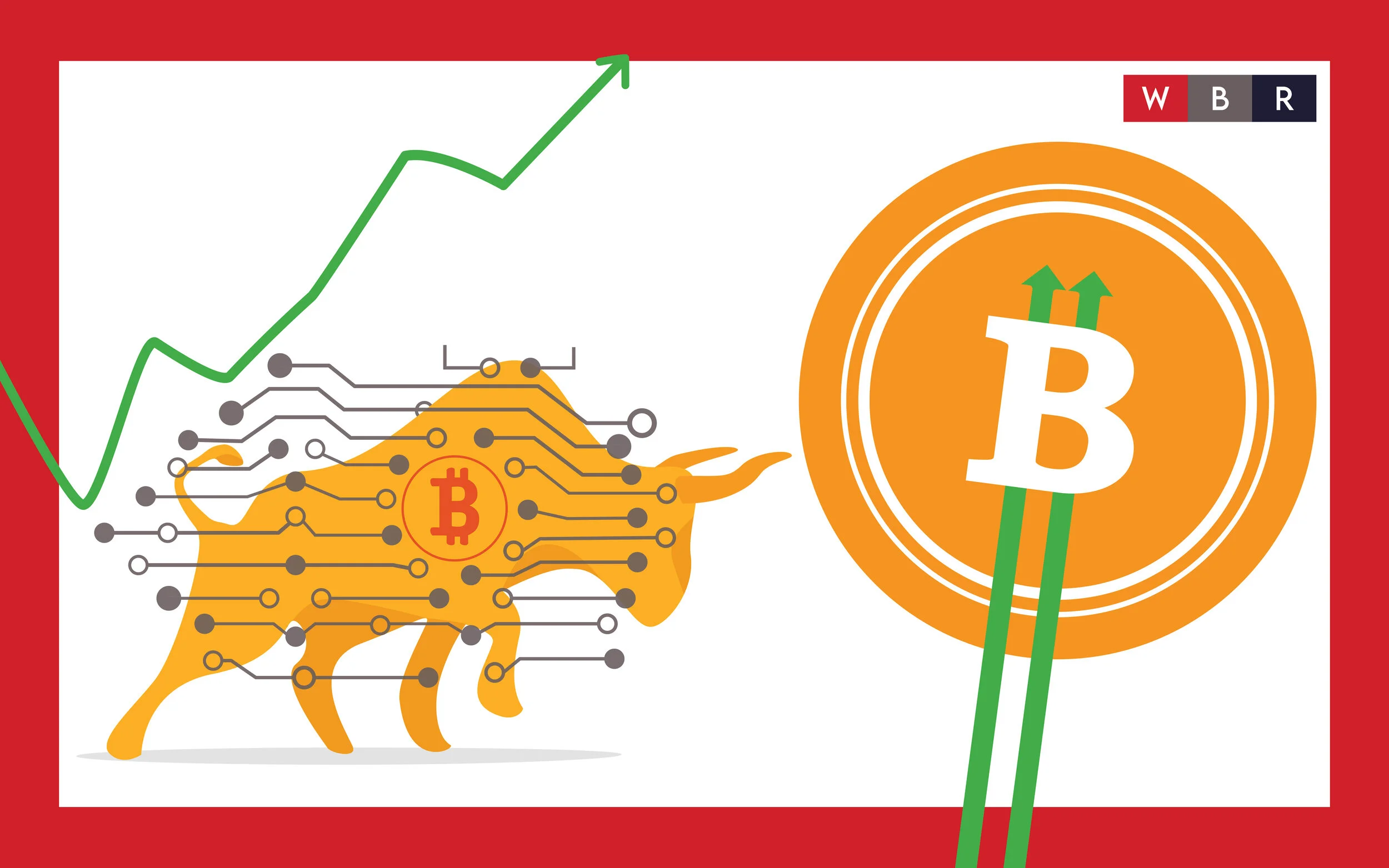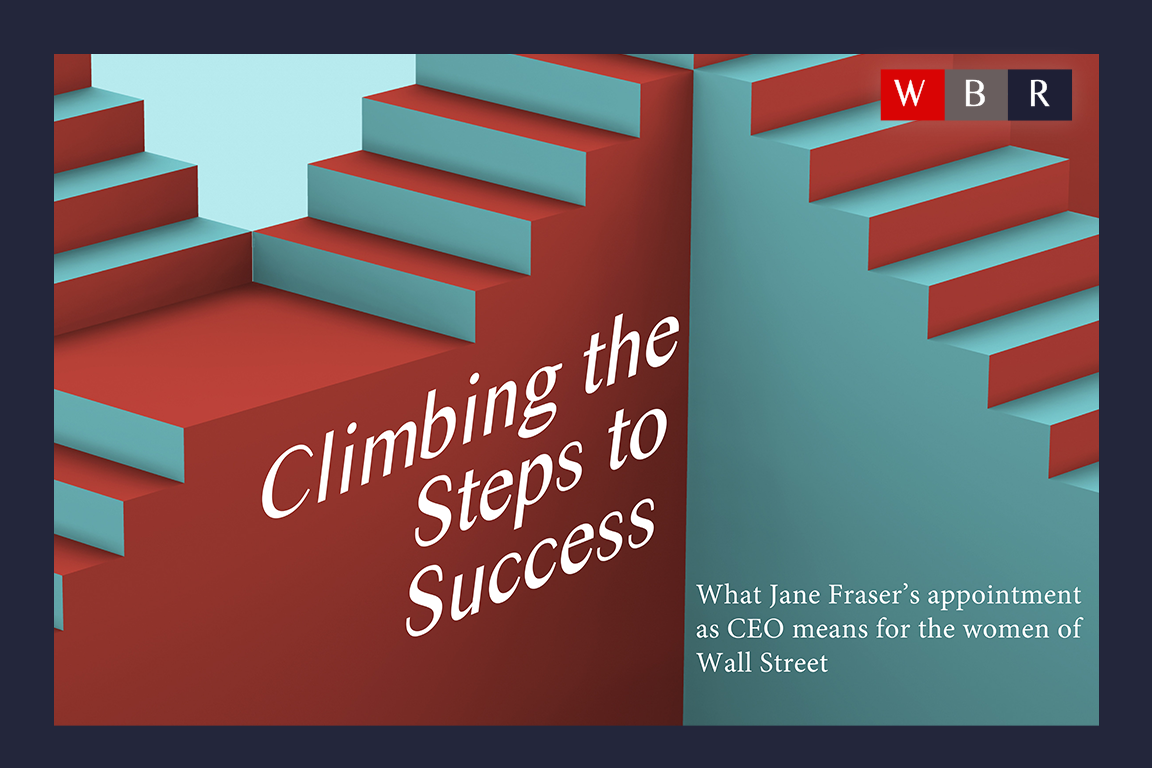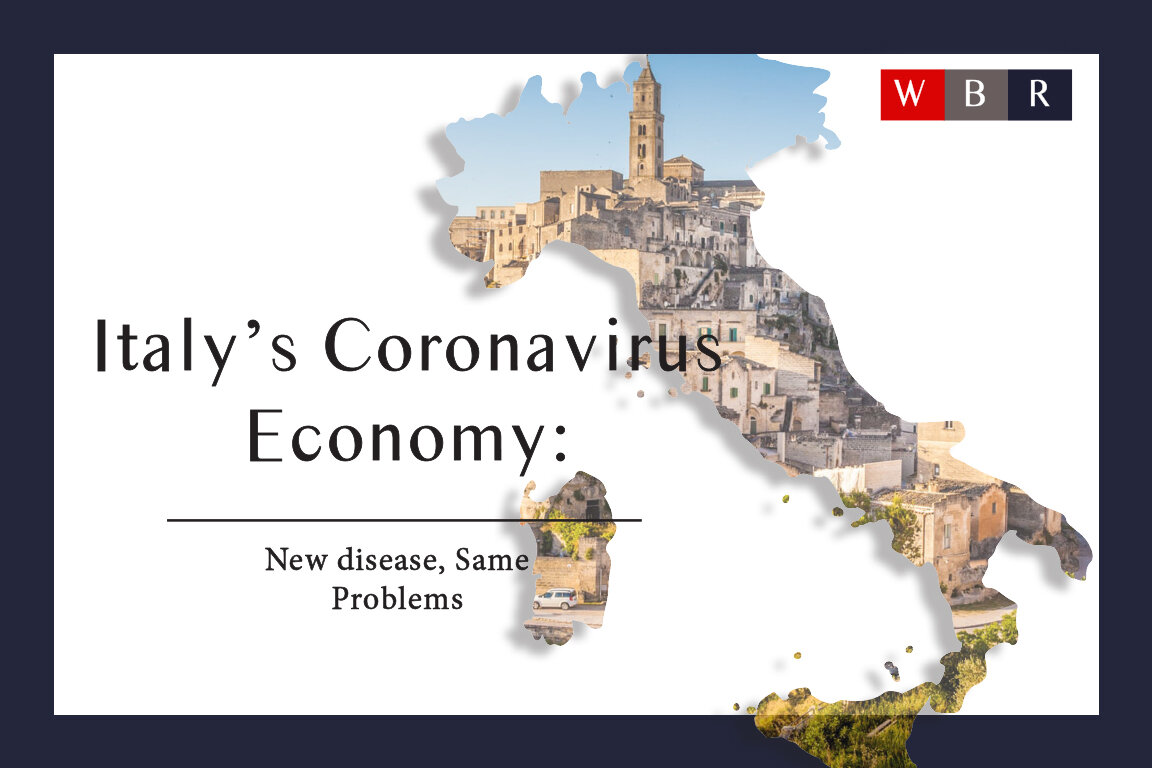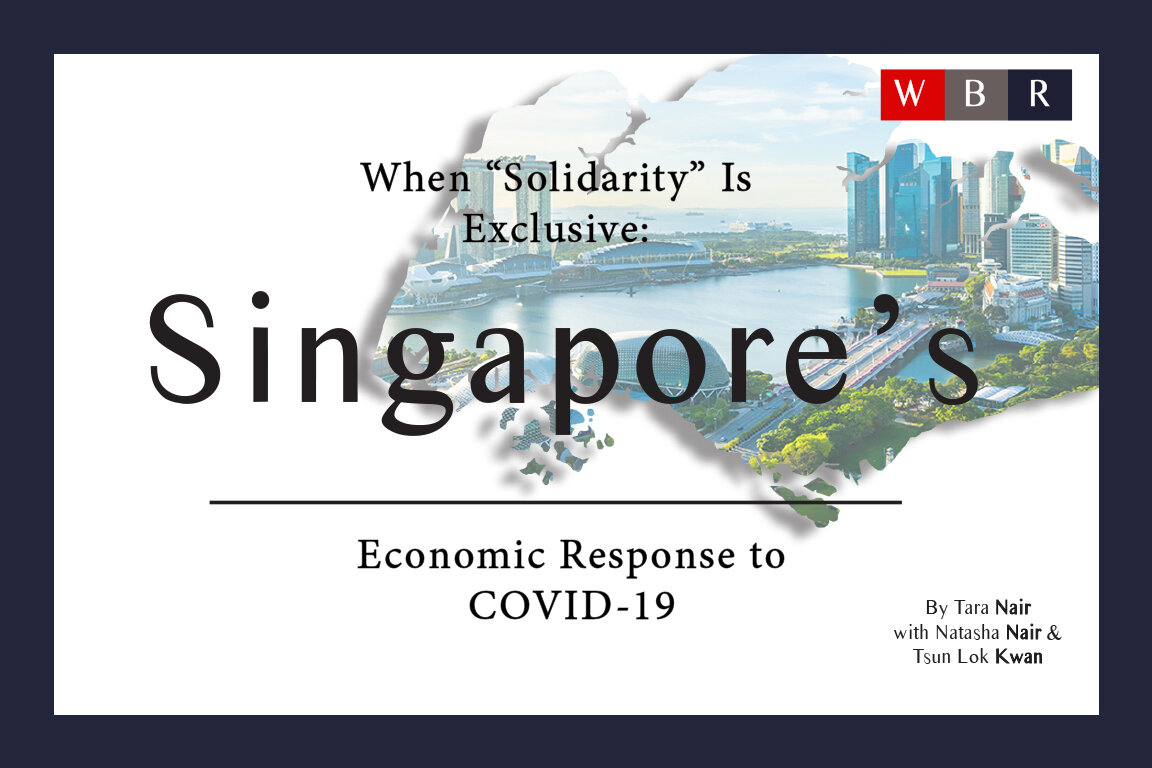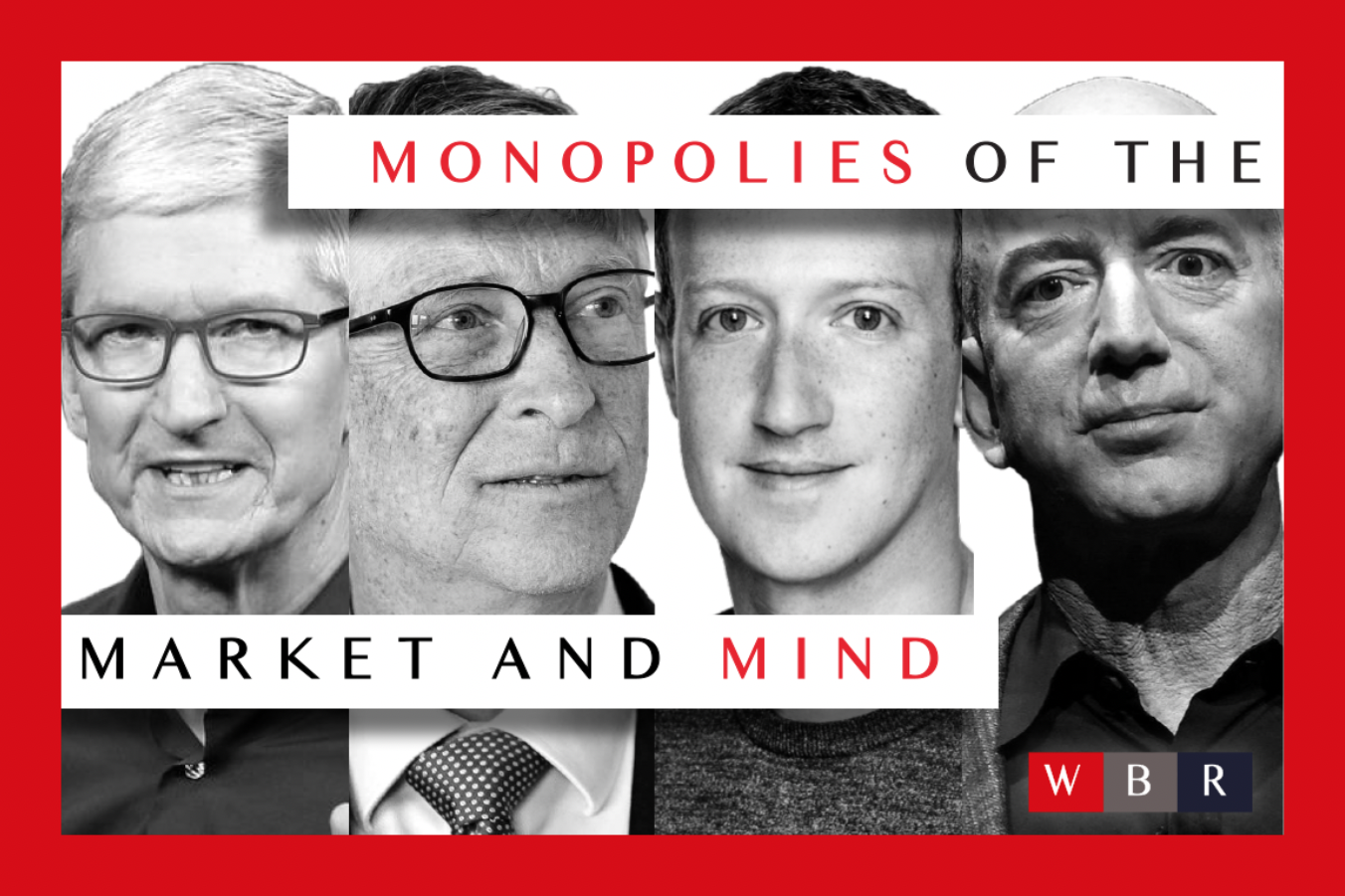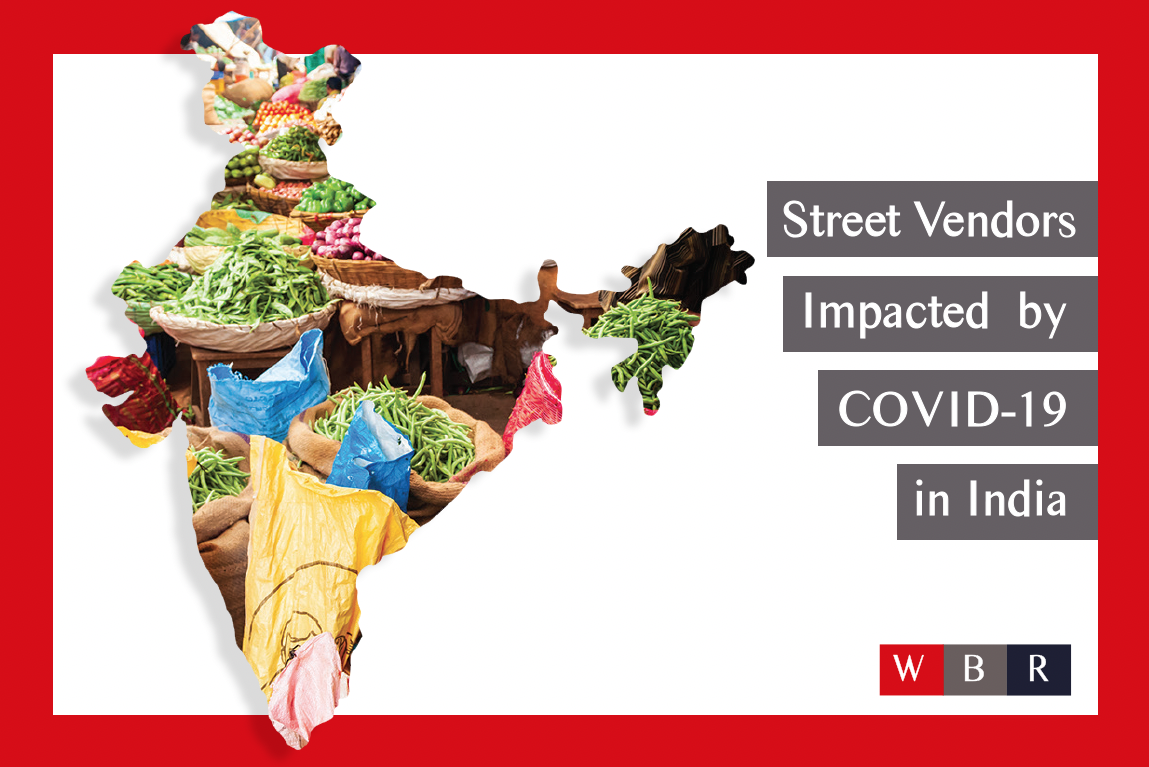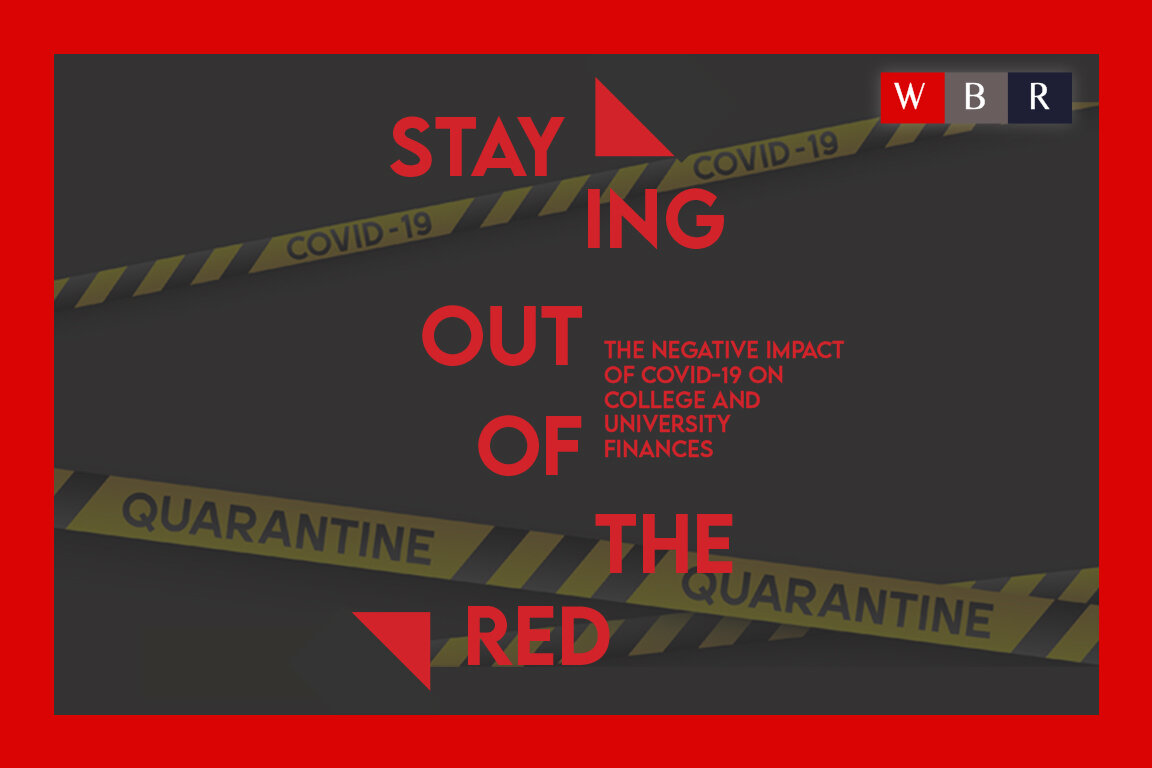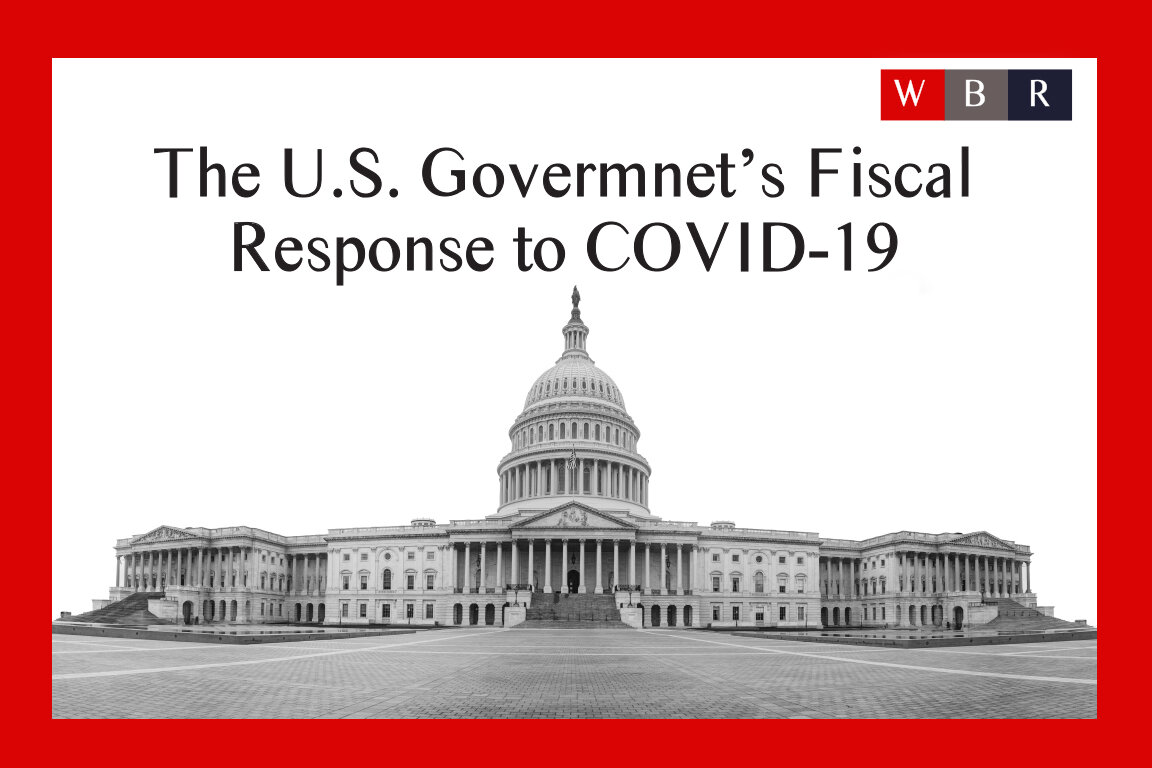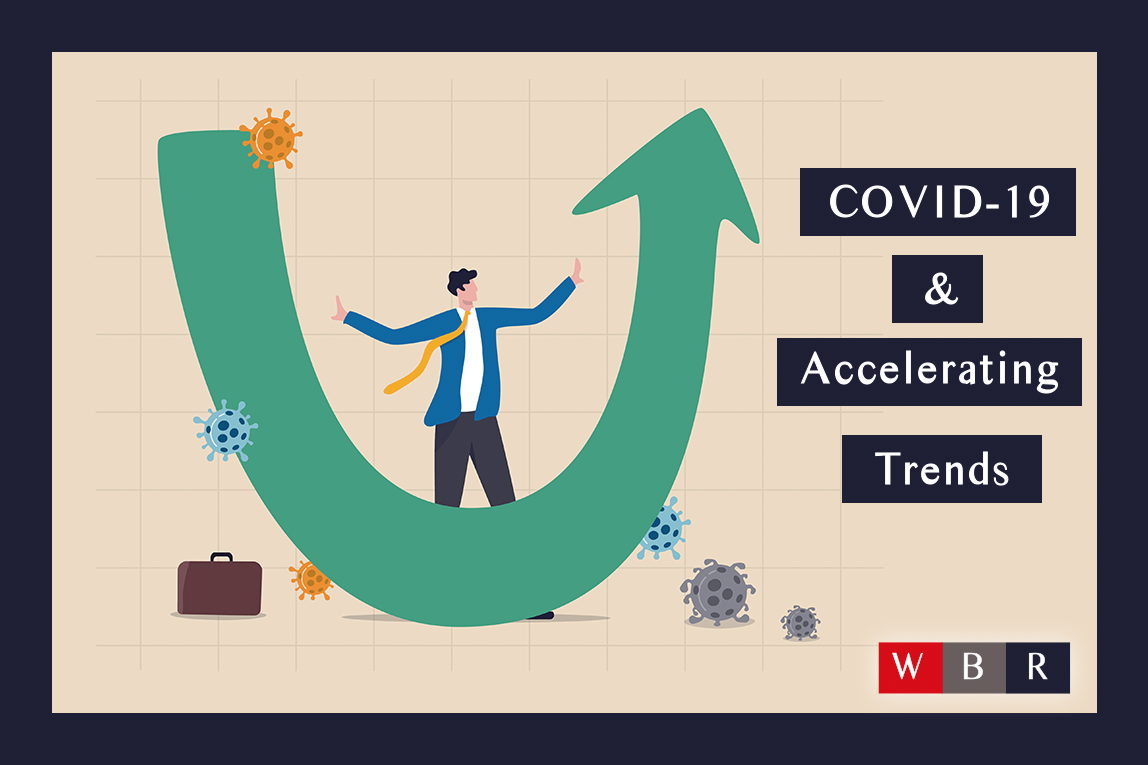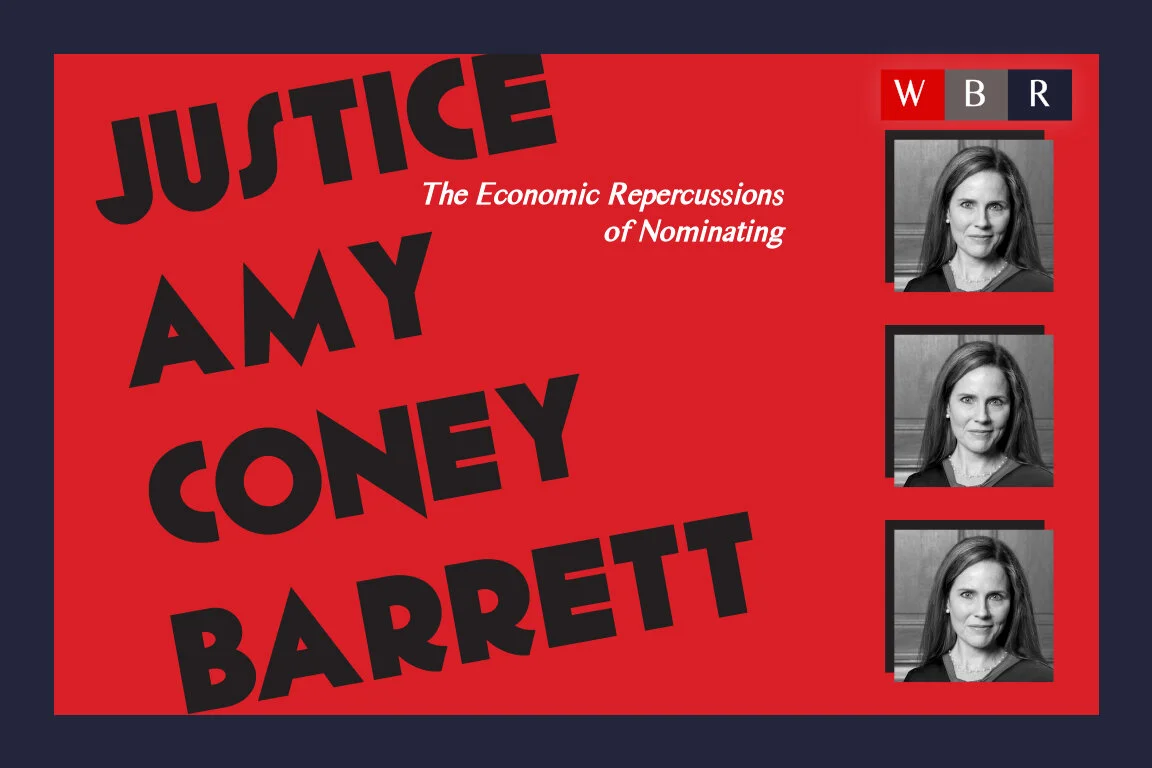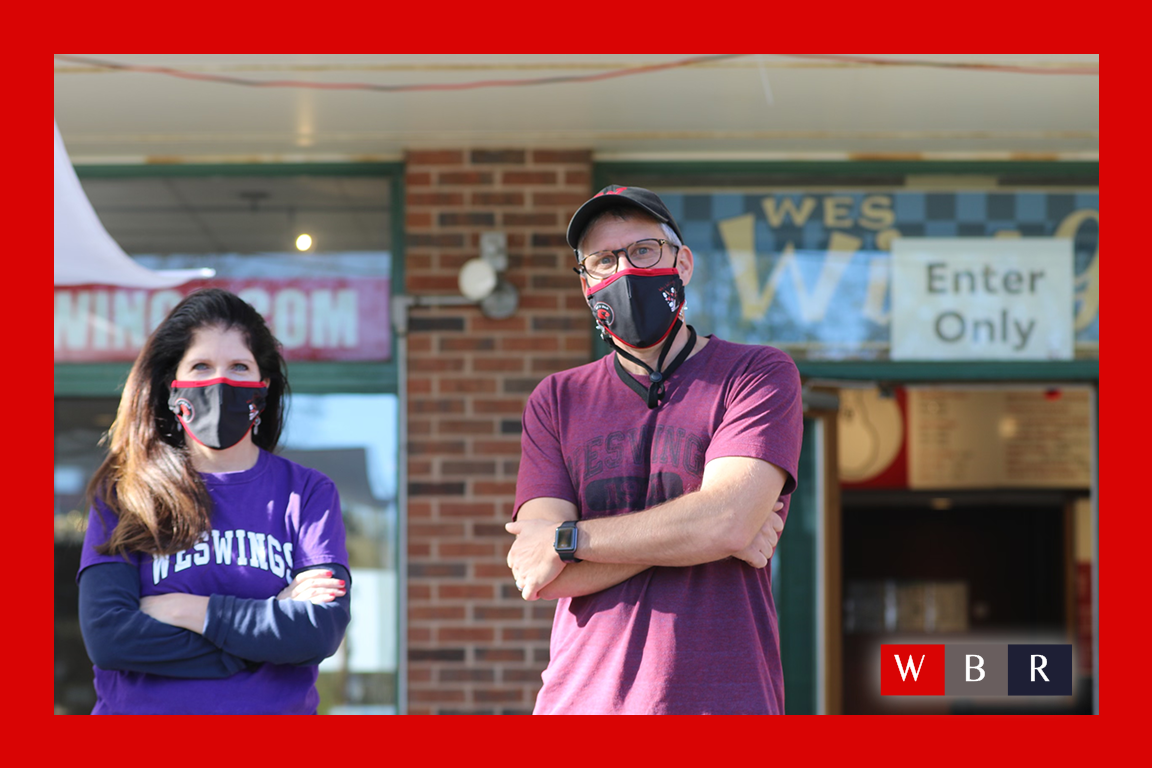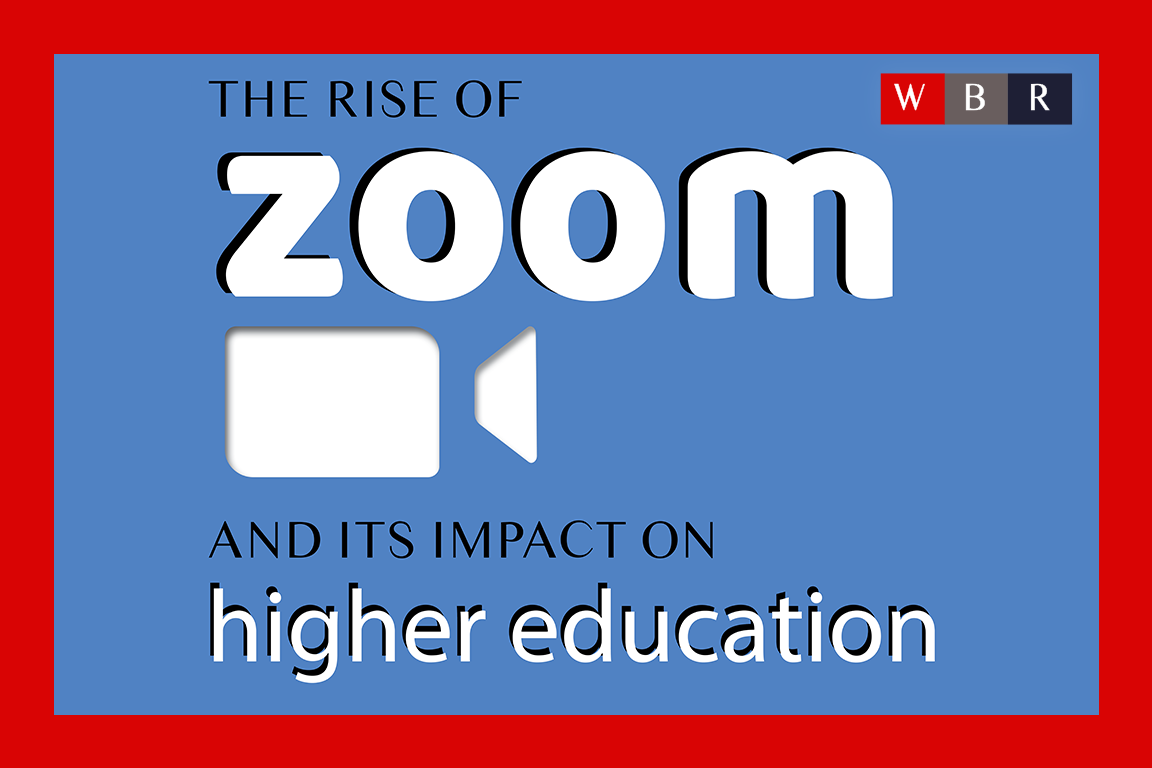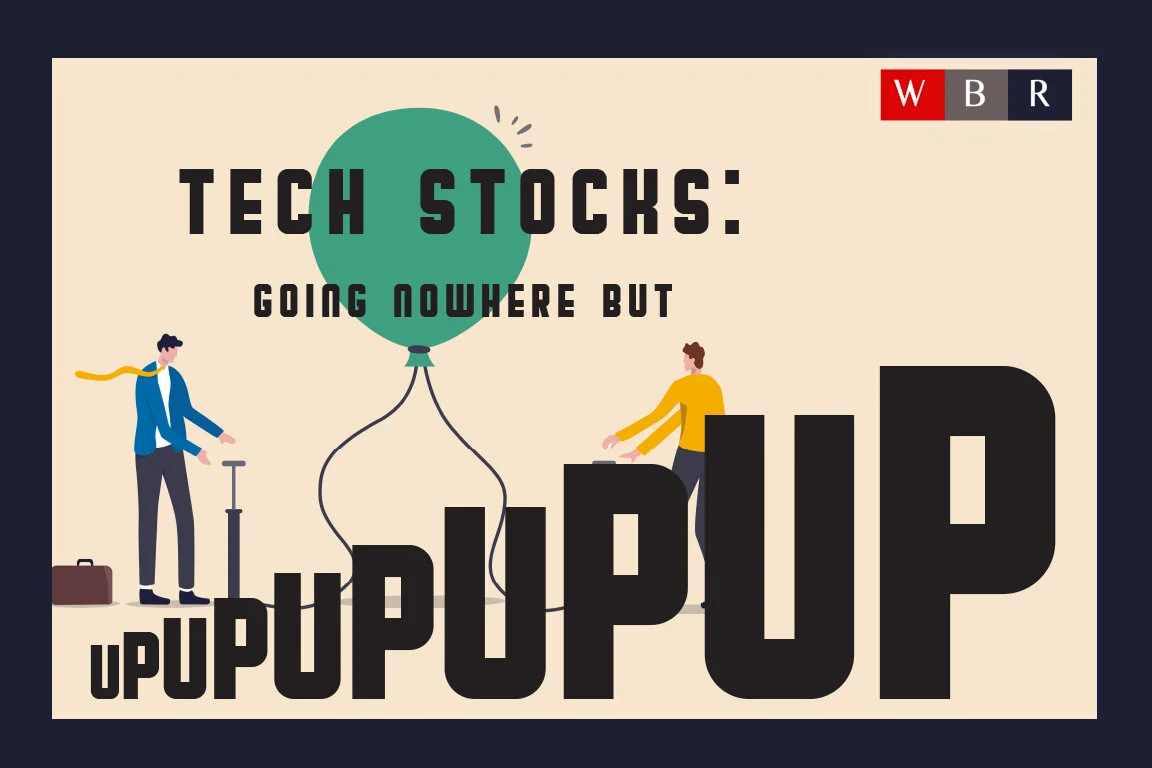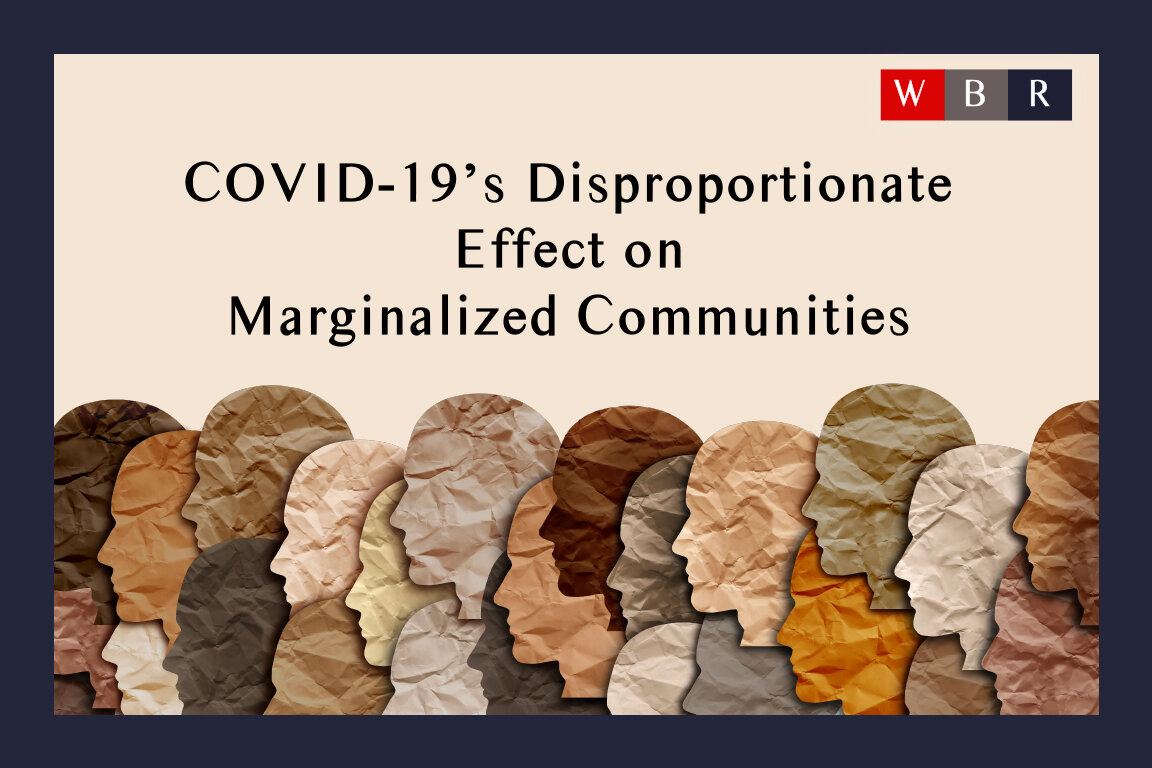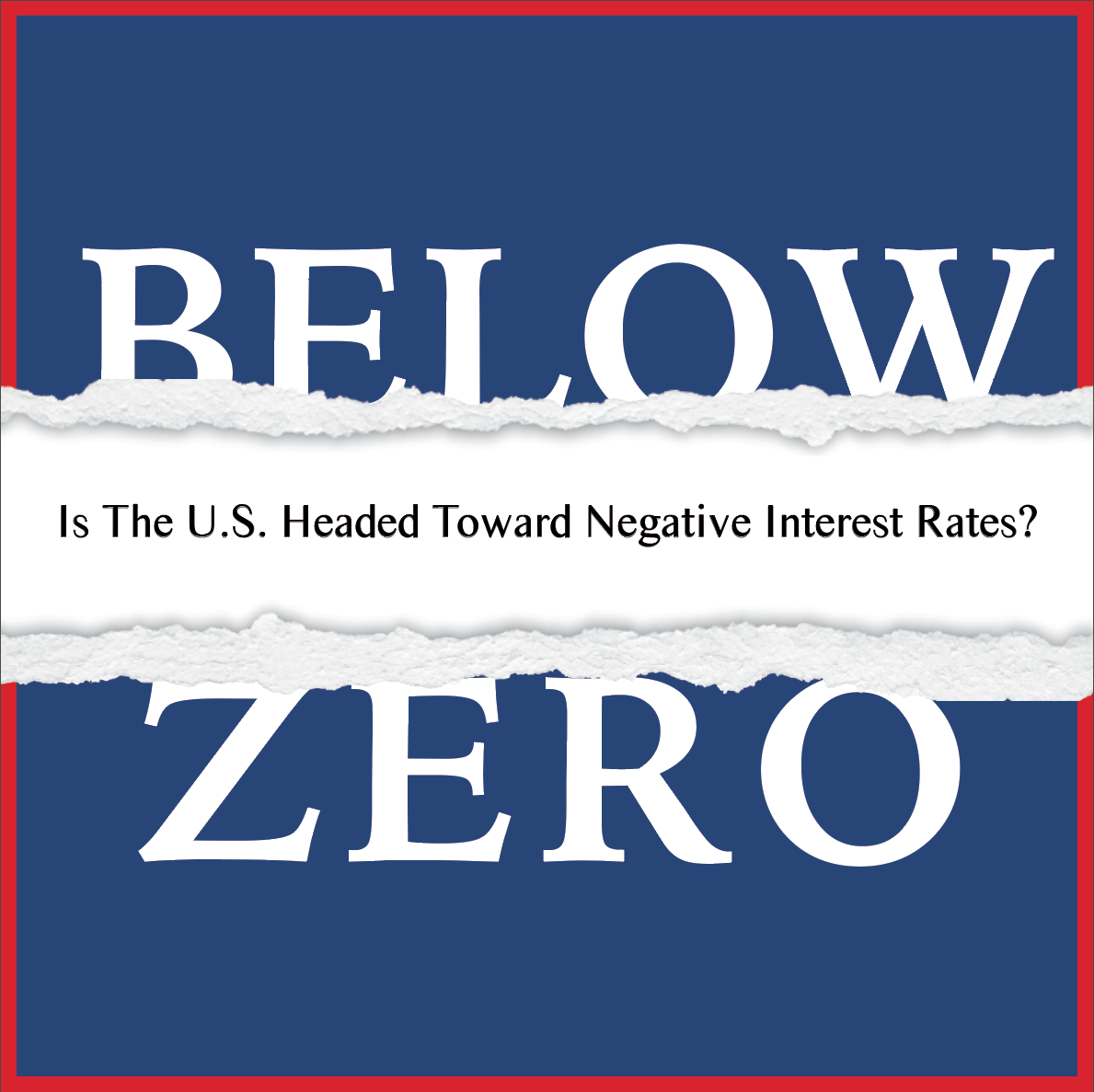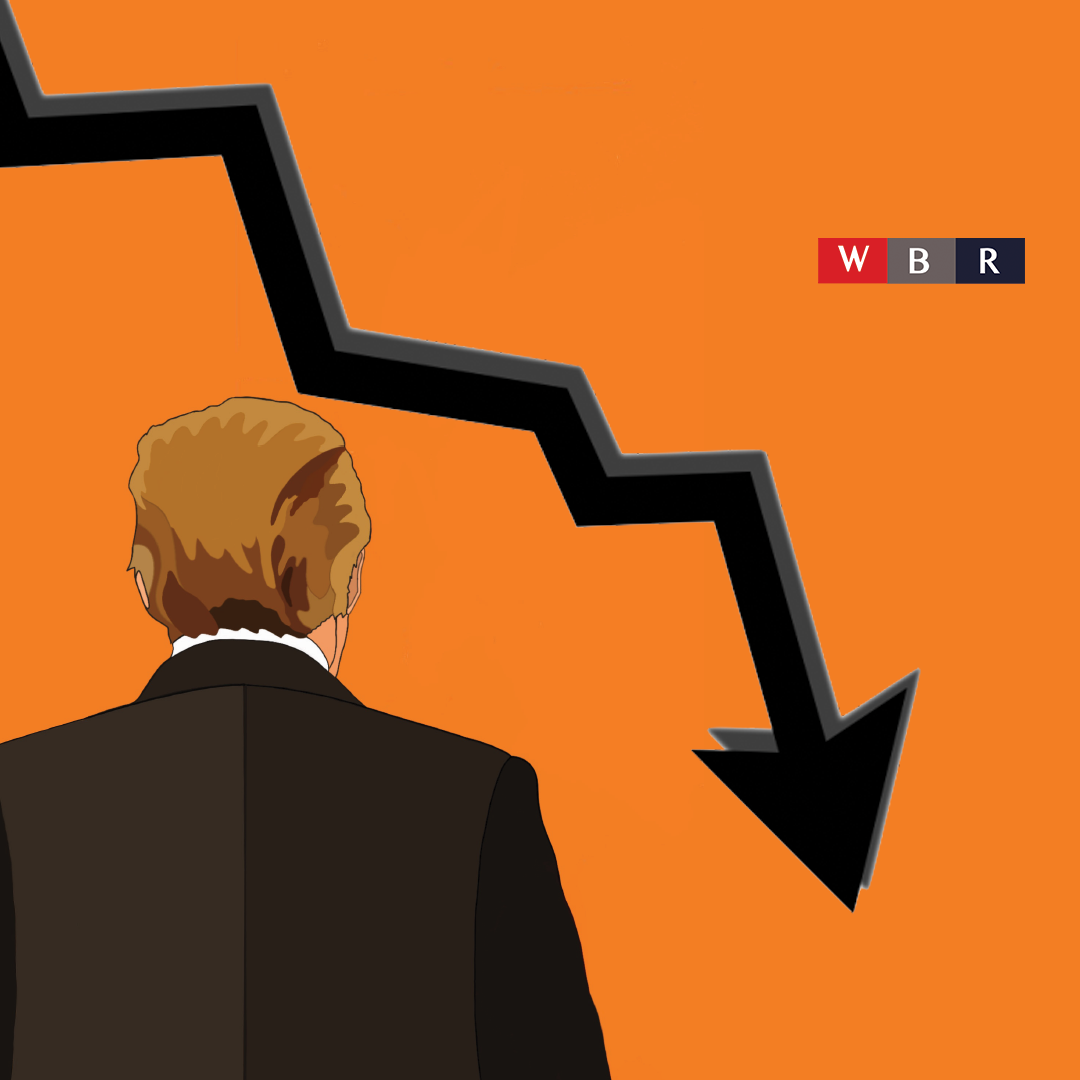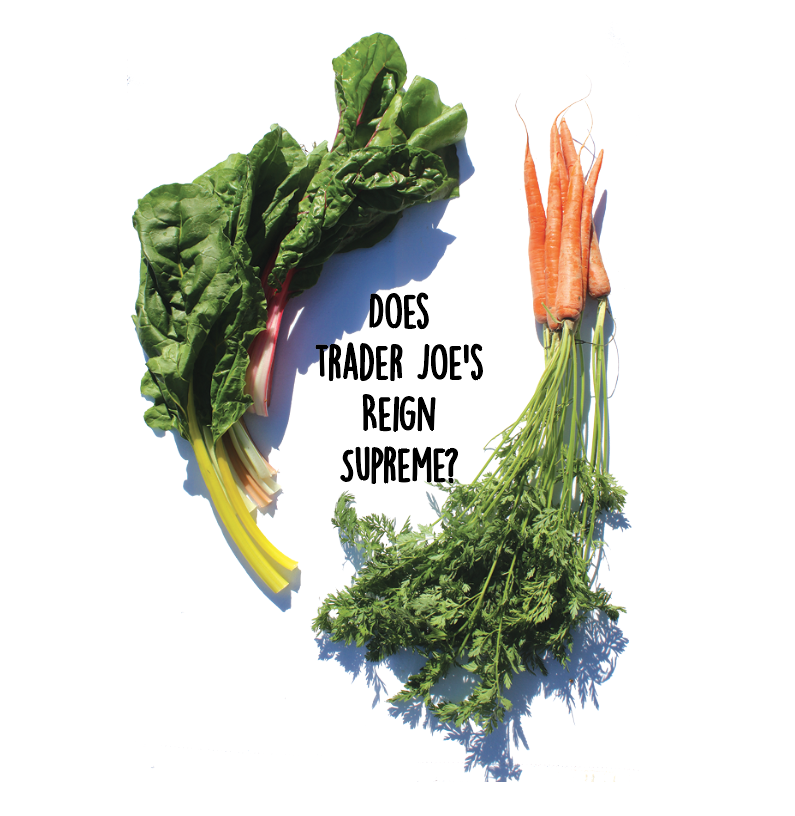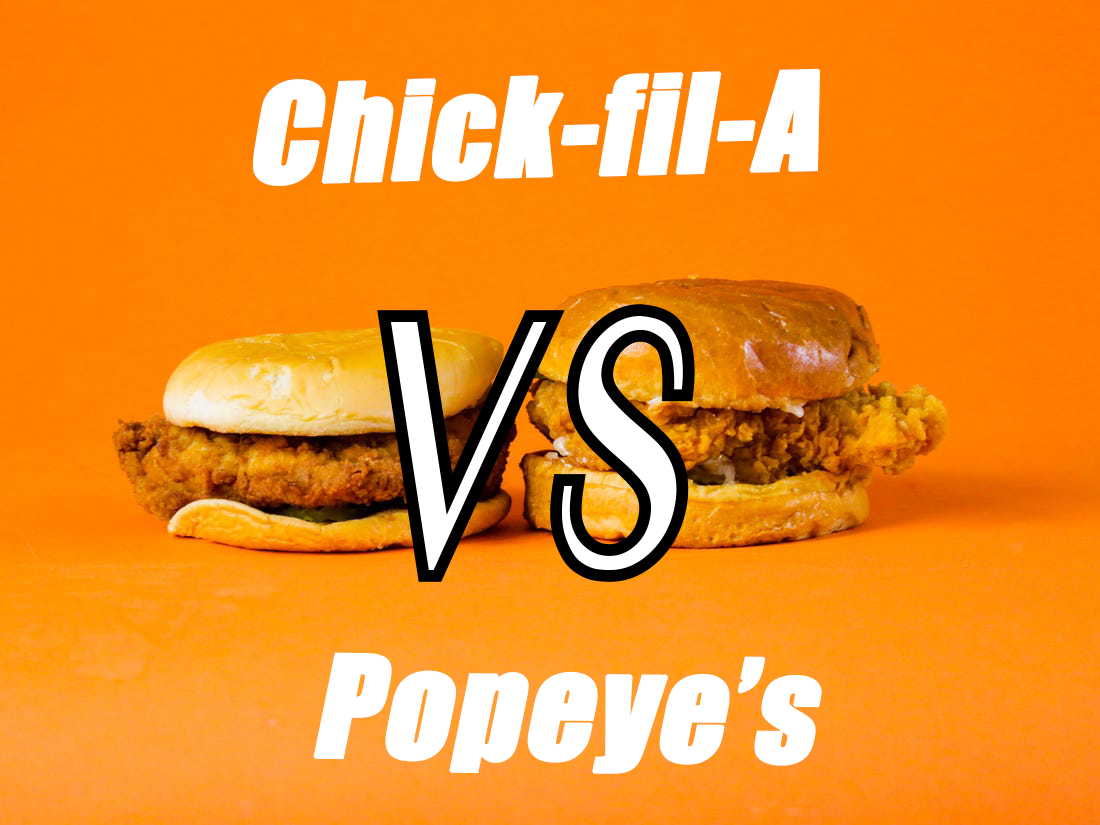Issue IV: Fall 2021
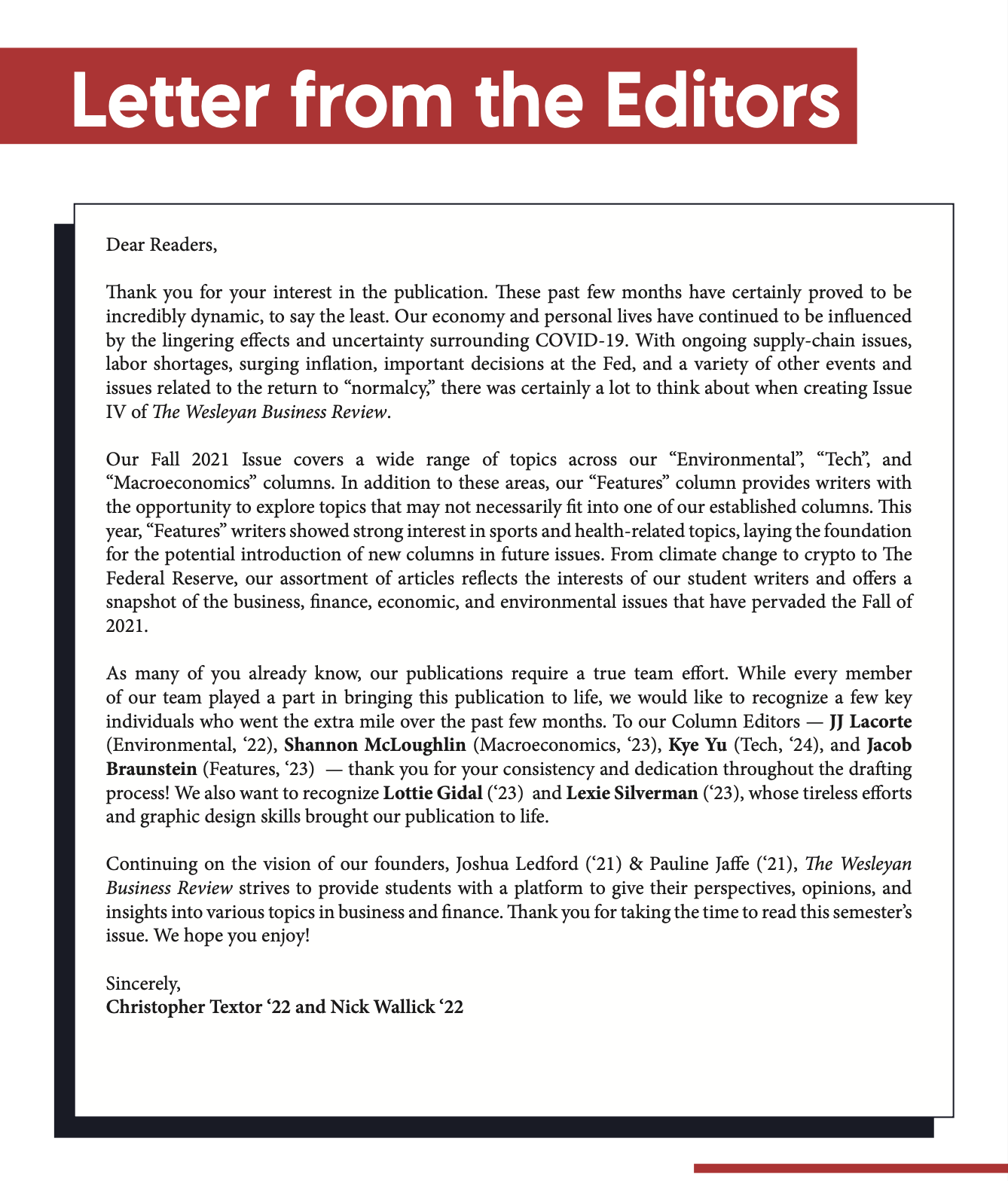
Issue IV Articles

Issue III: Spring 2021

Issue III Articles
Beyond individual lives, what will be the true economic impact of the American Rescue Plan? To answer this, we need to look at what makes a fiscal stimulus effective, the effectiveness of The Coronavirus Aid, Relief, and Economic Security Act (CARES) from May 2020, and what are the differences between that package and the current one.
According to the Center on Budget and Policy Priorities, “the impacts of the pandemic and the economic fallout have been widespread, but are particularly prevalent among Black, Latino, Indigenous, and immigrant households.”
The vaccine provides hope for many to return to work or to seek new employment opportunities. The rollout of the vaccine -- including the production, transportation, and administration -- created over 50,000 new job opportunities alone (Miranda 2021). Further, over 916,000 new jobs were created in March 2021, which is the largest amount since August 2020 (Casselman 2021).
Colloquially, inflation is generally ignored and misunderstood as a topic for stuffy economists. As consumers, we rarely notice the couple-cent increase in the price of our groceries, but this time we might.
A 70-year-old Seattle man emerged from the hospital to cheers last month after 62 days of fighting COVID-19 on his way to getting a clean bill of health. Then he received a 181-page bill for $1,122,501.04 for his stay.
In the face of multiple pressures on its economic growth, including the global recession, China would be able to enlarge its market size by releasing the inertia of its accumulated wealth. To achieve this, it would be vital to lower the cost of the healthcare system so people would feel less worried about saving money for medication.
In essence, urban Chinese have bet everything on their homes. They now have nearly 78% of their wealth tied up in residential property, versus 35% in the U.S., where more people invest in stocks and pensions.
Out of the 450 IPOs (Initial Public Offerings) that occurred across all US markets in 2020, 55% were Special Purpose Acquisition Company or “SPAC” IPOs. In 2021, the SPAC craze has reached new heights, with SPACs accounting for 78% of all IPOs (SPAC Analytics n.d.).
Gone are the days of Warren Buffet, Bill Miller, and Peter Lynch, who encouraged young investors to stay up to date on shareholder letters and read educational investing books. Today, “Wall Street gurus,” like Dave Portnoy, have little to no financial reasoning behind their irrational investments and instead rely on their humorous efforts to capture the hearts and minds of young investors.
For my part, I travel not to go anywhere, but to go. I travel for travel’s sake. The great affair is to move.
In August 2020, Citigroup accidentally wired $900 million to the lenders of the cosmetic brand Revlon Inc. while trying to transfer a $7.8 million interest payment that was owed on a 2016 loan.
It is inhumane to only pay employees for the time they are actively interfacing with customers or completing tasks, only compensating them for a portion of the total time they are mandated to be ostensibly ‘at work’.
A rise in unemployment, a decline in women’s economic success, and an uncertain future will only further contribute to a tense political atmosphere.
Do you support the implementation of a divestment plan from fossil fuels by the Wesleyan endowment?
Yes (93.75%) No (6.25%)
What do you think is a reasonable timeline for divestment from fossil fuels by Wesleyan’s endowment?
2-10 years (83.63%) 10+ years or no opinion (16.37%)
By moving away from the well-known “oil industry,” and reinventing operations, companies such as Shell, BP, and others have been able to both improve their public image and create new revenue streams from the rising renewable energy industry.
How can environmental change be implemented in the cutthroat, greed-filled, and, in many ways, anti-environmental society that we are living in?
In the 1930’s a German research group by the name of Frankfurt School found that unhappy workers turned to stores to spend away their sadness.
Back in September when California was being ravaged by wildfires, CME group, the world’s largest financial derivatives exchange, announced that futures contracts for water would be available for trading starting December 7th, 2020.
The EV industry is here to stay. At this point, it’s hard to tell who might strike gold next, but there are certainly still a few diamonds in the rough.
It has been a bad year for Intel. Despite the Silicon Valley Giants near record-high stock price, Intel could be on the defensive and playing catchup in the industry it once dominated.
The Human Genome Project, a $3 billion project that took place from 1990 to 2003, sequenced the human genome for the first time. With significant advances in computing capabilities, the cost of producing a high-quality ‘draft’ human genome sequence has drastically decreased, costing only $1,500 in late 2015
While there are many reasons for the mammoth influence of Chinese companies, Ant Group’s story serves as a great anecdote for how and why these giants rise and fall.
In September of 2020, Snowflake had an immensely successful IPO starting at $120 per share and rising as high as $245.
Mike Winkelmann, known to many as “Beeple,” just became the third most valuable living artist in the world. His latest piece sold for a whopping $69 million.
Bitcoin is about to run into the greatest challenge the cryptocurrency will ever face - economic policy and regulation.
Issue II: Fall 2020

Issue II Articles
A college education used to be synonymous with ‘liberal arts’, back in a time when only the very upper echelons of society would (or could) pursue a degree at university. Philosophy, linguistics, history, and literature would prepare the young men (and they were almost always men) to be engaged and thoughtful members of society. A college education, in other words, was rarely a springboard into a specific vocation—a student could study the classics all he wanted and not worry about getting a job in that field. Today’s job market not only often demands a college education but also requires technical or professional degrees for an ever-increasing proportion of careers.
Your favorite franchise premieres its newest movie this Friday — you have been anticipating the release for months — but it's 2020, and now you have to make a choice. Do you choose to get out of the house and go to AMC Theatres to gaze up at your favorite characters on a premium 45-foot screen, enjoy a large bucket of all-too-buttery popcorn, and an extra-large Coke Icee? Or, do you decide to stream a different movie on Netflix from the comfort of your home, with your feet up, and a pint of Ben and Jerry’s Half Baked from your freezer, and wait to watch the new movie until it is out of theaters?
A glooming military conflict with the United States, crippling economic sanctions, coupled with the COVID-19 pandemic, Iranians did not have much to celebrate this Nowruz, the Persian new year, in late March. As the continuation of the public health crisis puts more pressure on Iran’s already beleaguered economy, the regime is left with very few options.
When news broke that Jane Fraser was named Citi’s CEO, many celebrated, and rightfully so; the first woman to ever lead a top bank on Wall Street seemed to break the glass ceiling and prove to the public that Wall Street was not the stereotypical male-dominated locker room it once was (Fortune, 2020).But are these appointments truly indicative of a new era for Wall Street? How much progress has Wall Street actually made in making room for underrepresented groups? And what steps are we not addressing yet?
The COVID-19 pandemic comes at a time when the economic performance of India is at its lowest point in a decade and there are socio-political mass movements against a discriminatory citizenship bill (Chodankar, 2020). This makes us think about the current Hindu Nationalistic Government in power and its capacity to deal with a public health crisis.
Italy’s economy has long had serious structural issues which the coronavirus pandemic has only intensified.
The government is owed credit for efficient action and caring for the well-being of its citizens during the pandemic. But if there is one gaping hole in Singapore’s economic welfare response, it’s that it completely leaves out non-citizen and migrant workers.
Apple, Amazon, Google, and Facebook have taken full control of the technology market and subsequent consumer brainpower through their lucrative data-driven engagement strategies, leading to unprecedented profits, political censorship, and psychological dependence.
A large proportion of commercial activity in India is centered around street vendors and markets, the kind that require people to wade through crowds of people and are not conducive to the pandemic world.
As an incoming freshman at Wesleyan University, I never realized how my decision to study on-campus, study remotely, or to take a gap-year would have impacts that extended beyond my learning...Since the start of the pandemic in early 2020, around the same time I was receiving my Wesleyan ED2 acceptance letter, schools began to close and financial losses began to occur.
The preliminary response to the pandemic was muted; rather than immediately banning travel to the United States and instituting stay-at-home orders, President Trump downplayed the danger of COVID-19. Leaked soundbites from February 7th have the president quoting that it is “more deadly than... your strenuous flus,” although he presented it to the public as just that— “a little problem” …
There is no doubt that this election was about the repudiation of Donald Trump and the ugliness he has brought out in this country. Civil rights and liberties were on the ballot, and people voted like their life depended on it, because it did. While those personal freedoms and rights took center stage, the economy got placed on the back burner. With Biden becoming President-Elect, it is important to understand his economic plan and how he will drive the country going forward.
We live in an era of unprecedented innovation and growth. From social norms to technologies, our world is developing at an extraordinary rate. Enter COVID-19.
Unlike the death of Justice Antonin Scalia in April of 2016, Justice Ginsburg died less than two months before the 2020 presidential election. This impasse reveals the double-standard between the political cancer in the United States, where a conservative justice’s seat was forced to be kept open, where a liberal lion’s seat was replaced at more than deliberate speed. Along with all of the structural and the political effects, there are profound economic effects of this nomination as well, in regards to women’s health and financial records cases.
With Swings entering its thirtieth year on campus, Kaffen-Polascik says that COVID-19 has “Definitely been the number one challenge we’ve had since we’ve been in business.”
The coronavirus pandemic has brought about a dramatic change in all human activities worldwide. The education sector has been one of the most impacted sectors, as people navigated the experience of transitioning from in-person schooling to an online format. At the heart of this change has been one company and its video conferencing product: Zoom.
After 9 months of the pandemic, how did a country with 23 million people and such close proximity to the COVID-19 outbreak manage to have so much success in fending off the virus? Moreover, how did Taiwan’s robust response to the pandemic help further monopolize Taiwan Semiconductor (TSMC), the industry leader in global semiconductor manufacturing?
So, how do the tech sector and market move together? Why did the tech sector rebound so much stronger and quicker? What was this recent volatility about, and what does the future look like for the tech sector?
The associated economic shutdown due to the pandemic has created a dire predicament for millions of workers. Nonetheless, emerging evidence of skewed employment compositions and lower financial resources show that marginalized communities—namely the Black and Hispanic communities—have been disproportionately burdened by the adverse economic impact of the virus. The economic consequences not only exacerbate existing inequalities but also increase the risk of infection and death amongst these individuals.
Issue I: Fall 2019

Issue I Articles
Is the U.S. Headed Toward Negative Rates?
The rapid acceleration of greenhouse gas emissions is perhaps the greatest crisis we face today.
Despite revolutionizing the transportation industry, these ride-sharing giants are facing hard times and low stock prices.
“The Great Chicken War of 2019”



